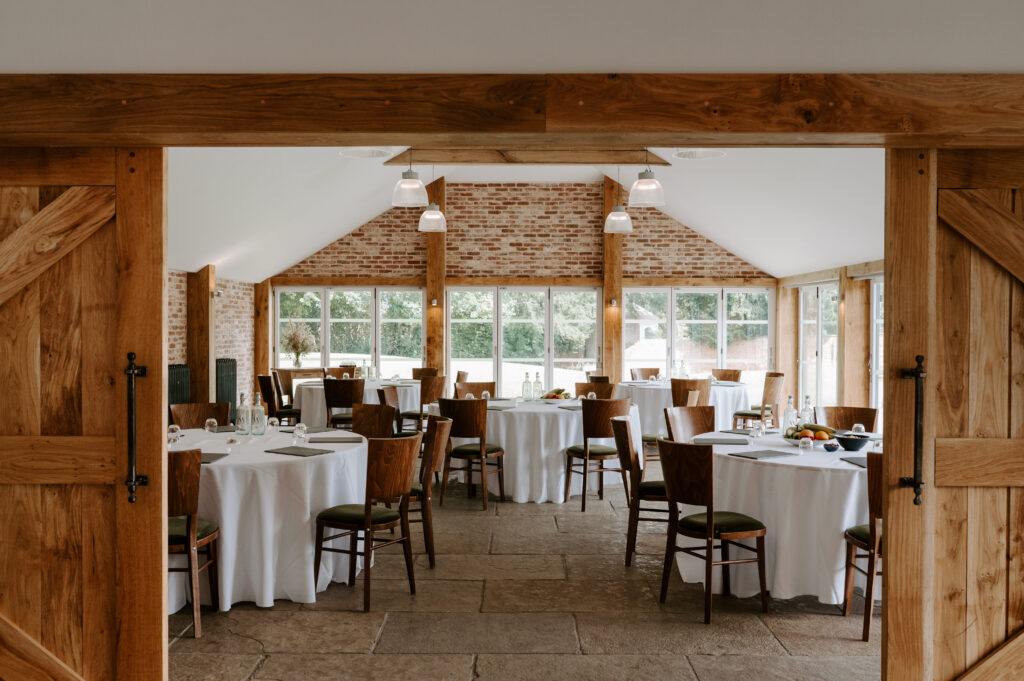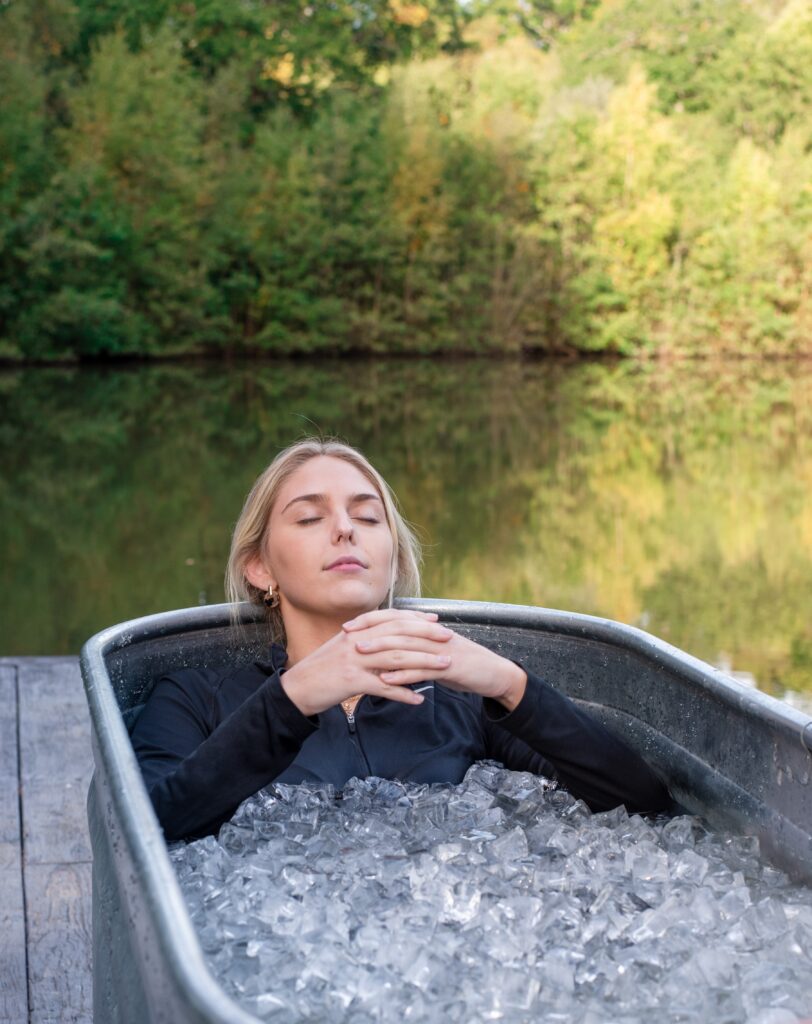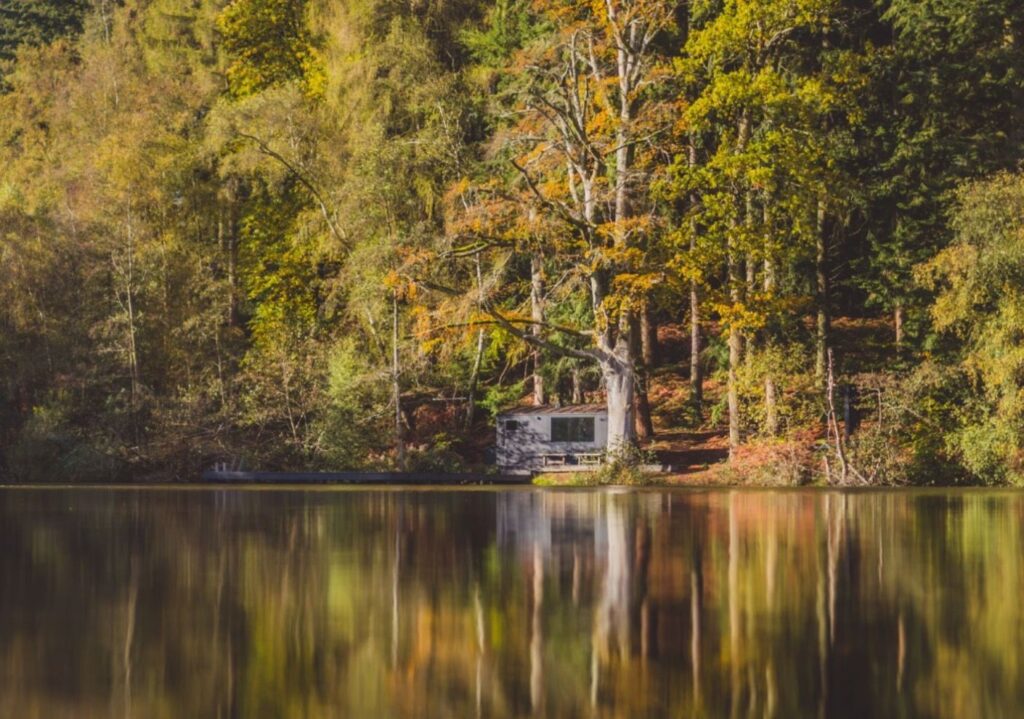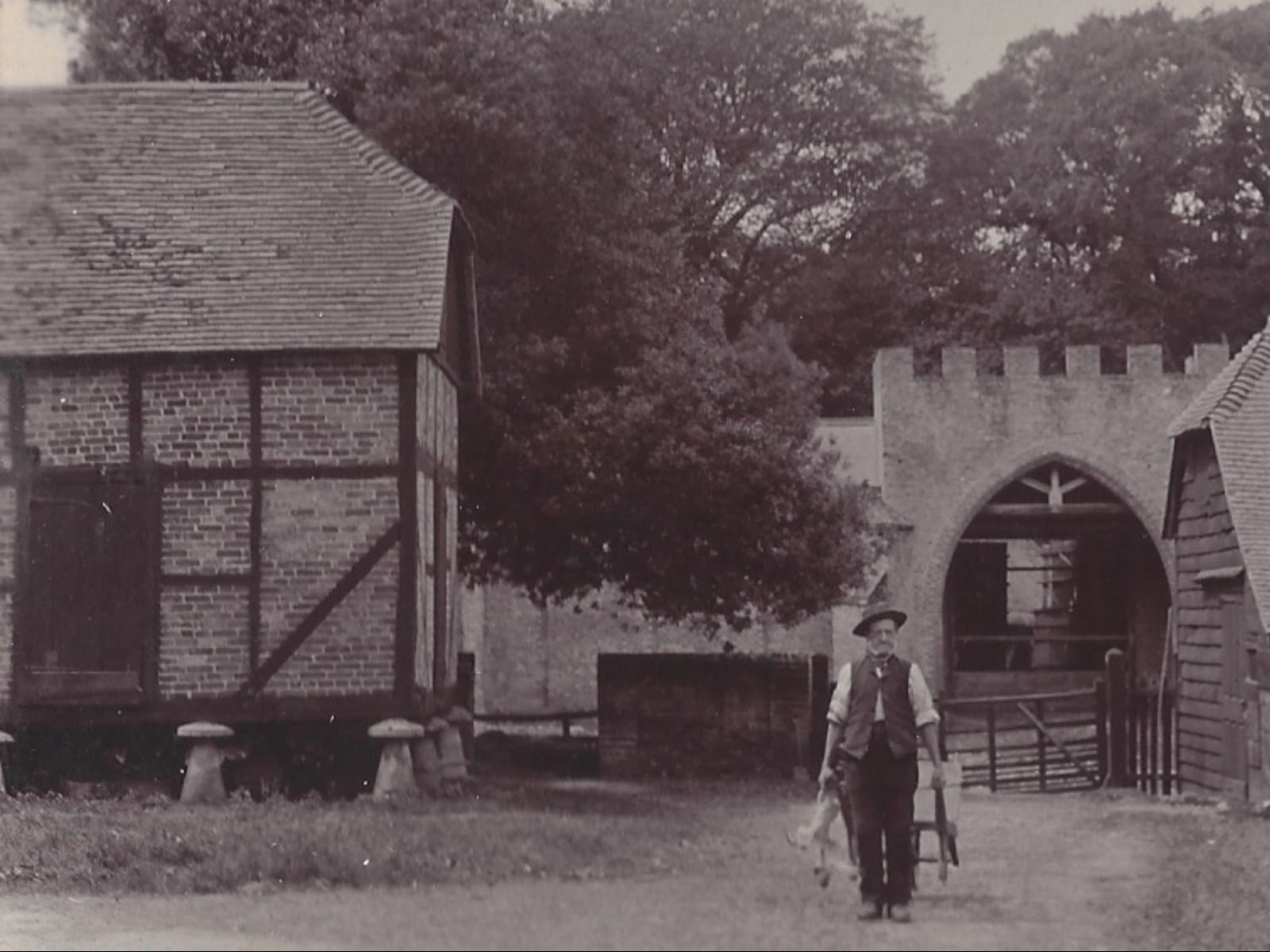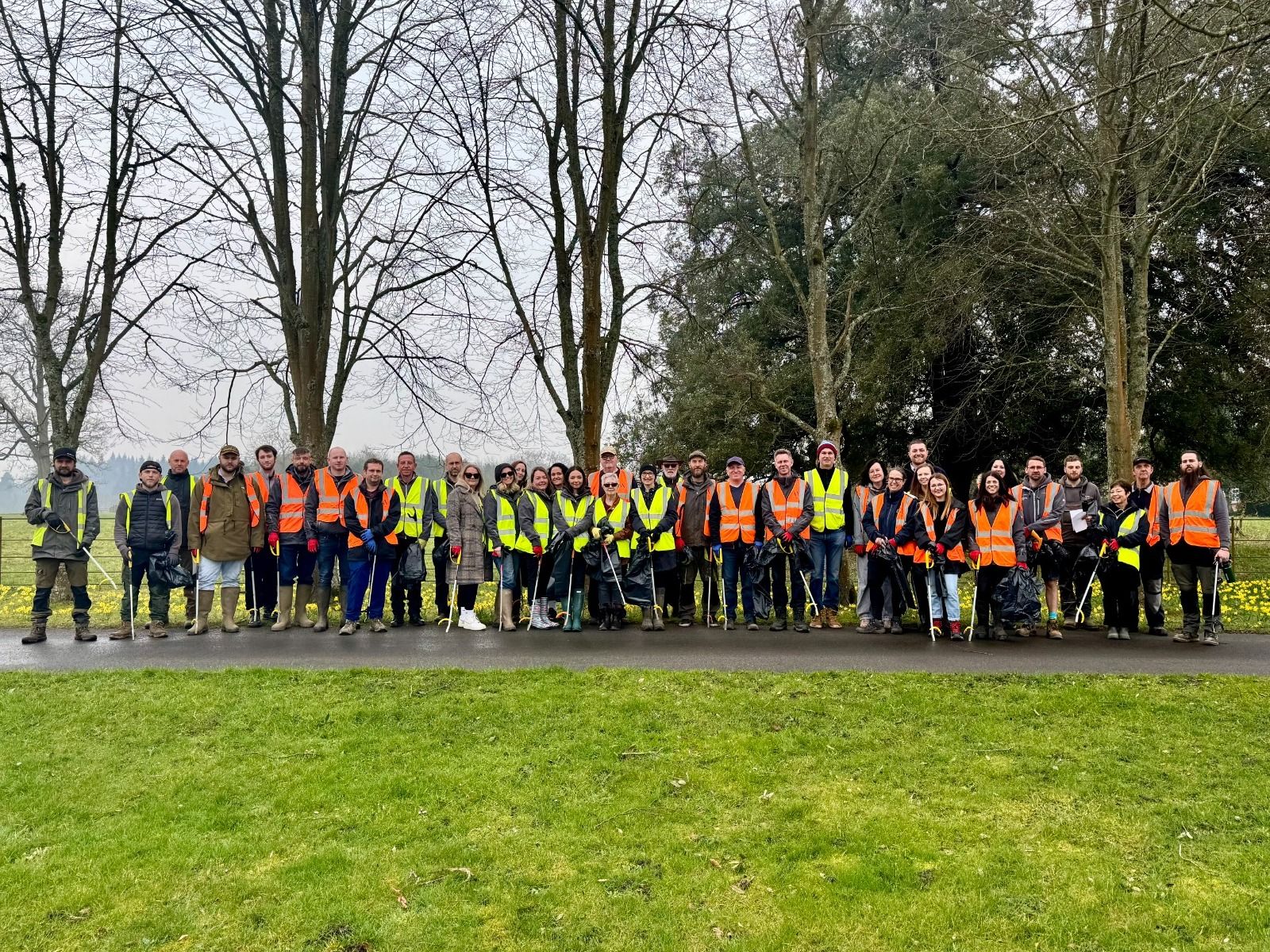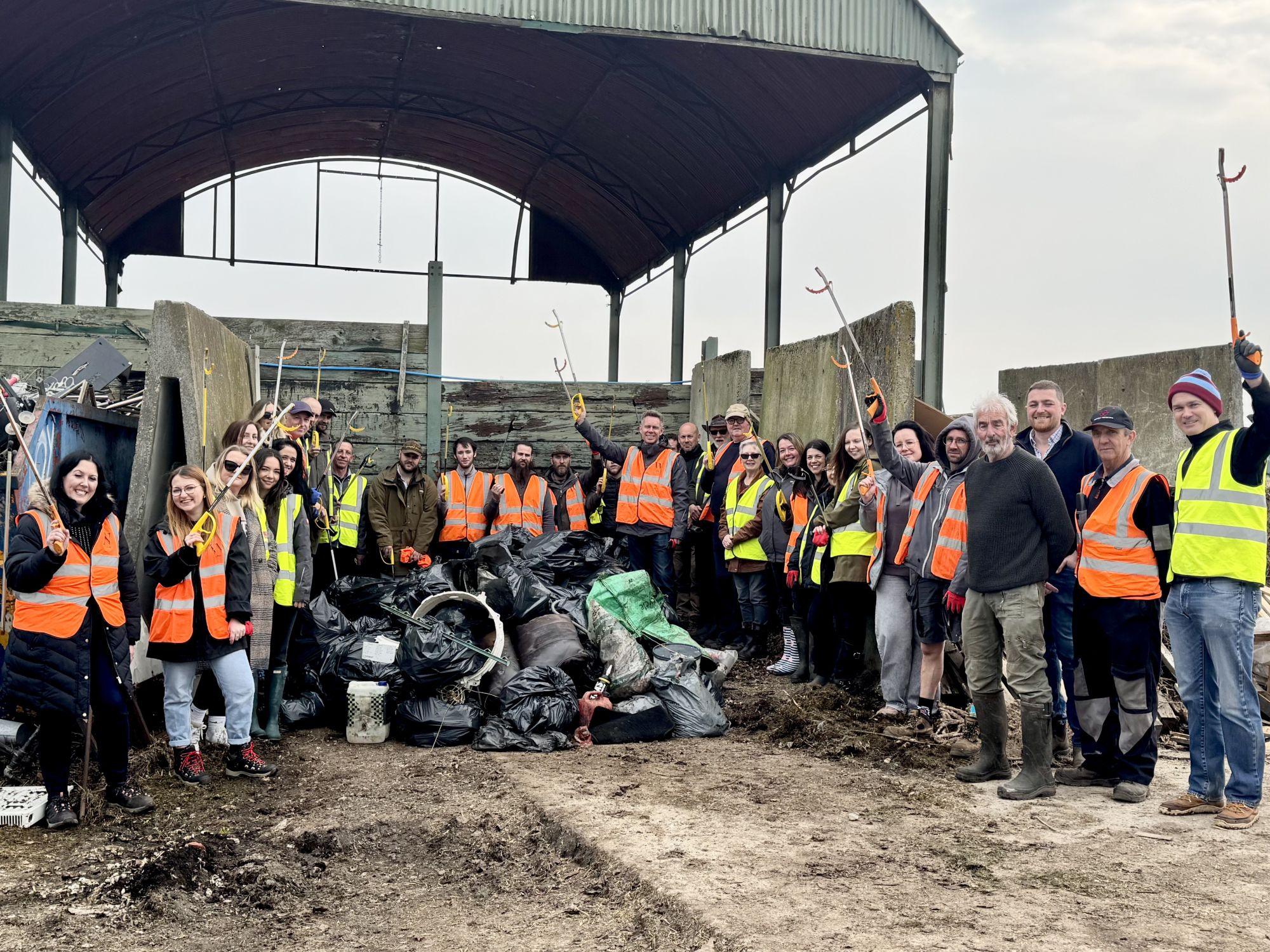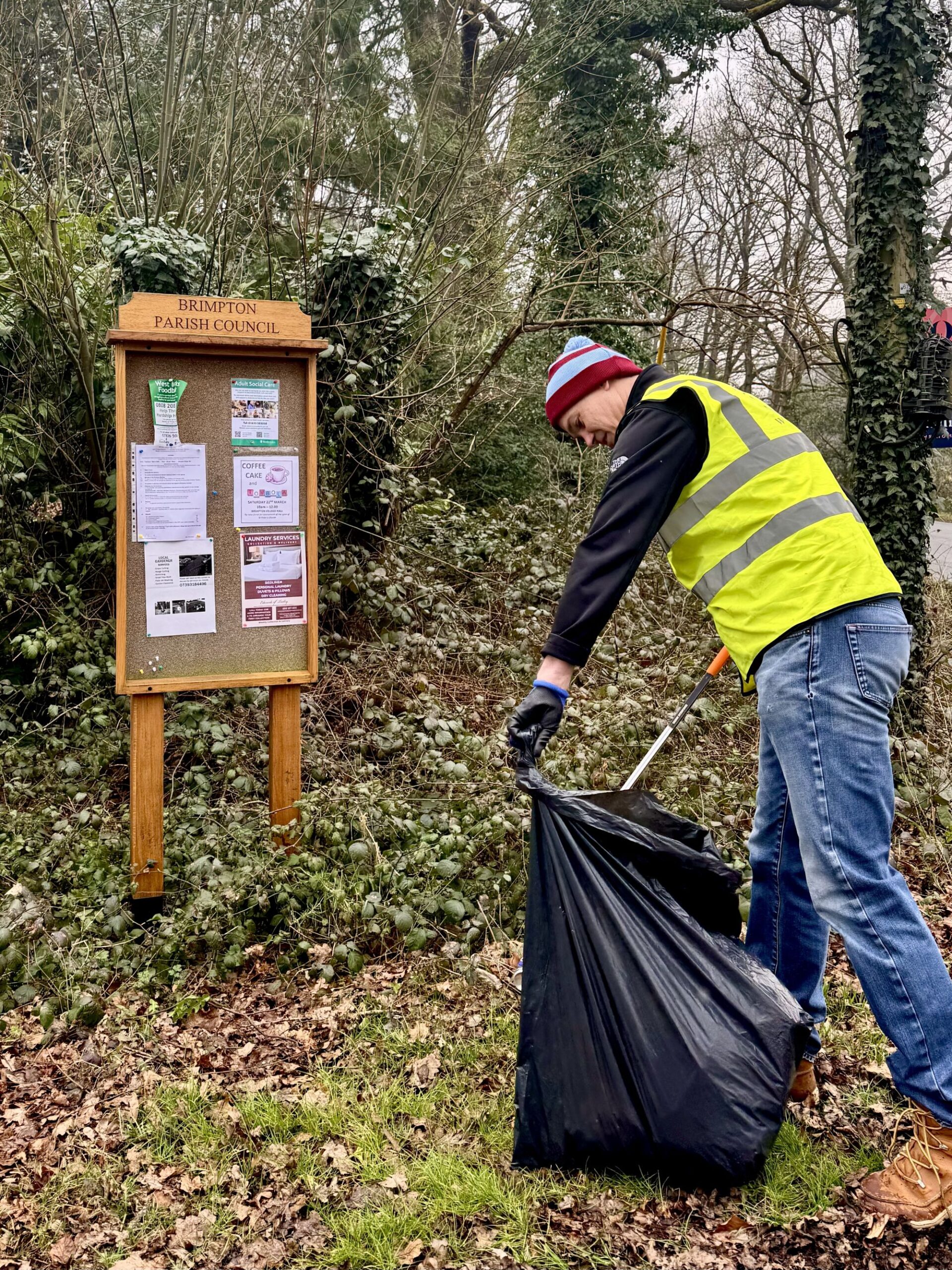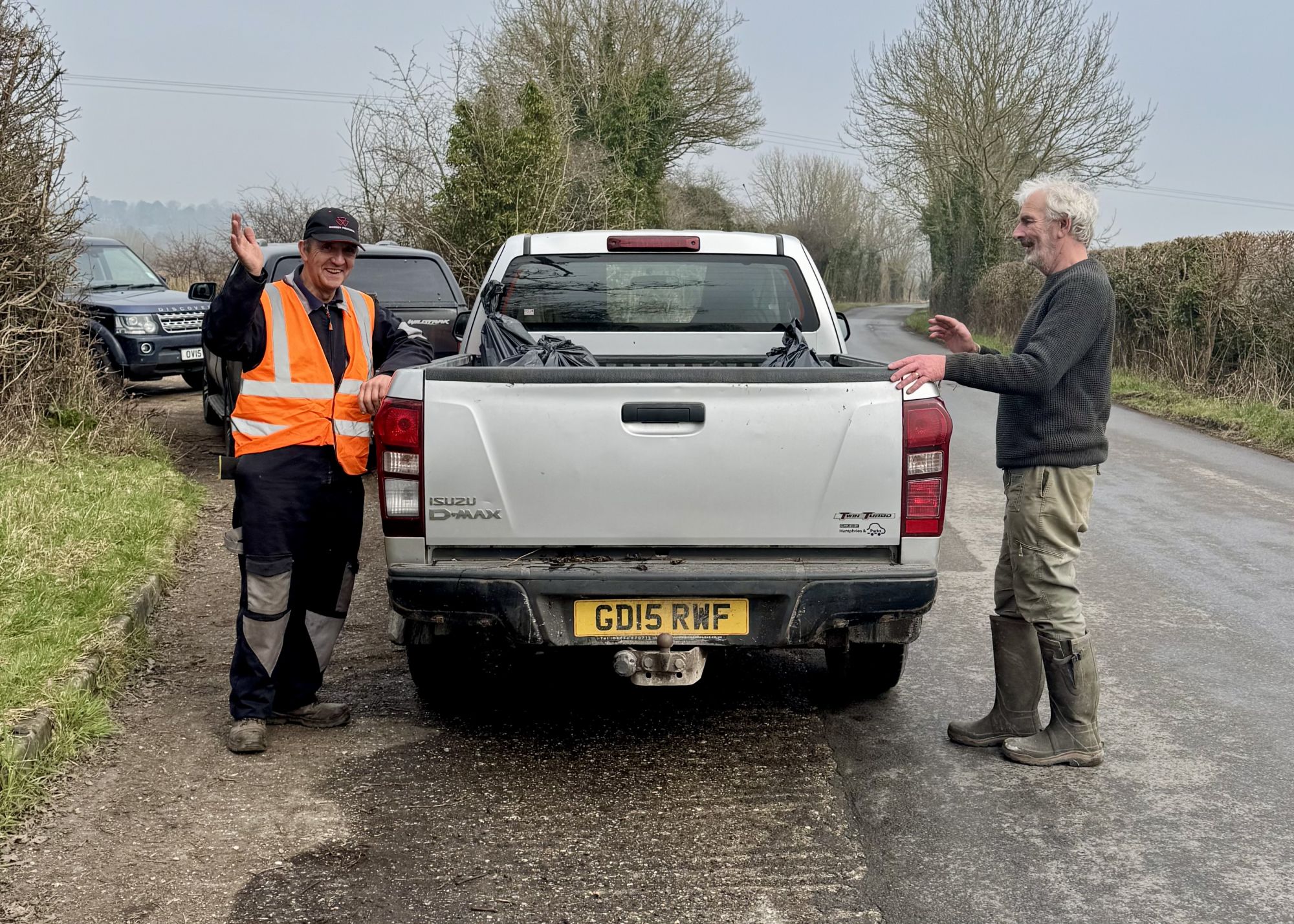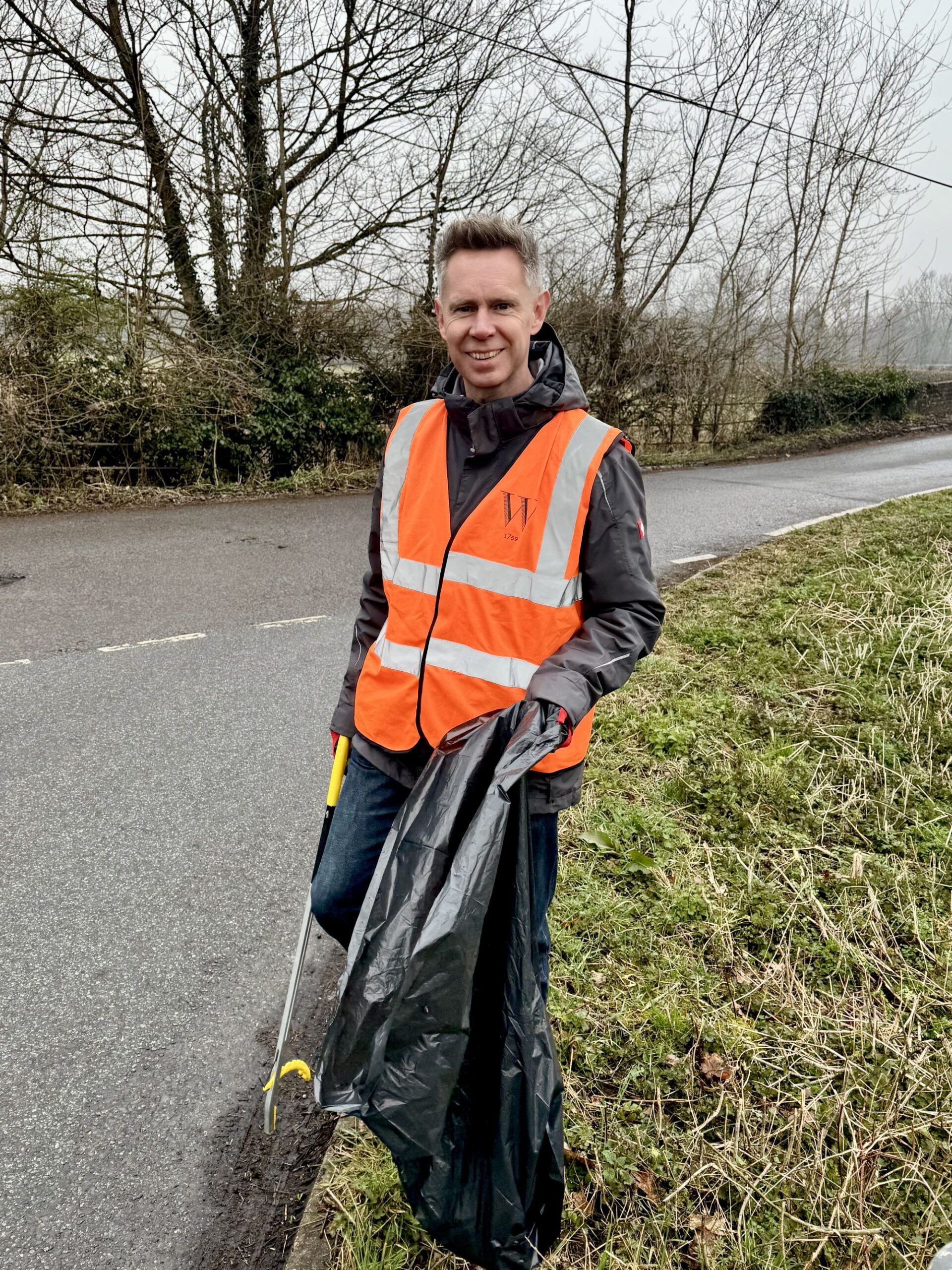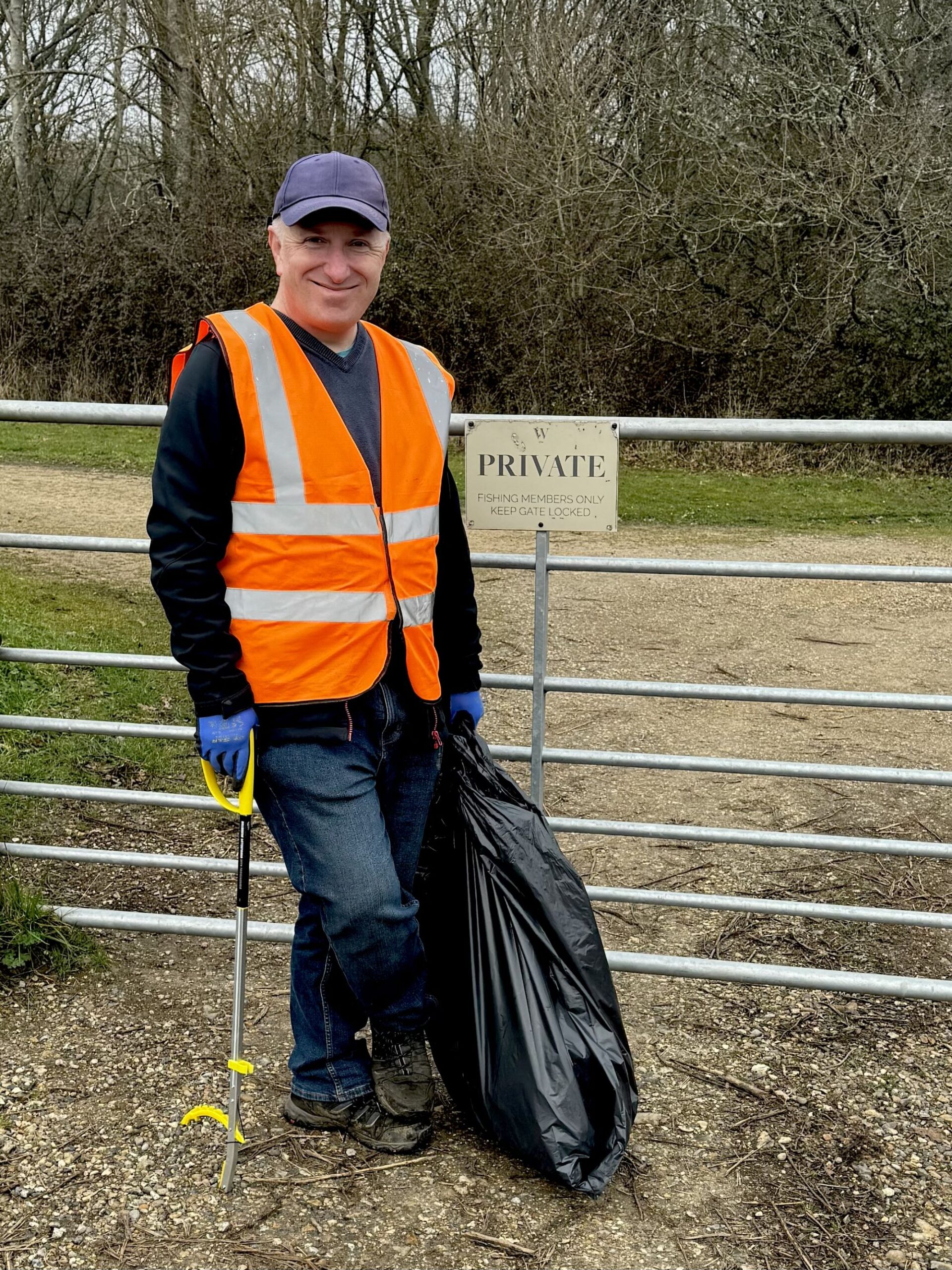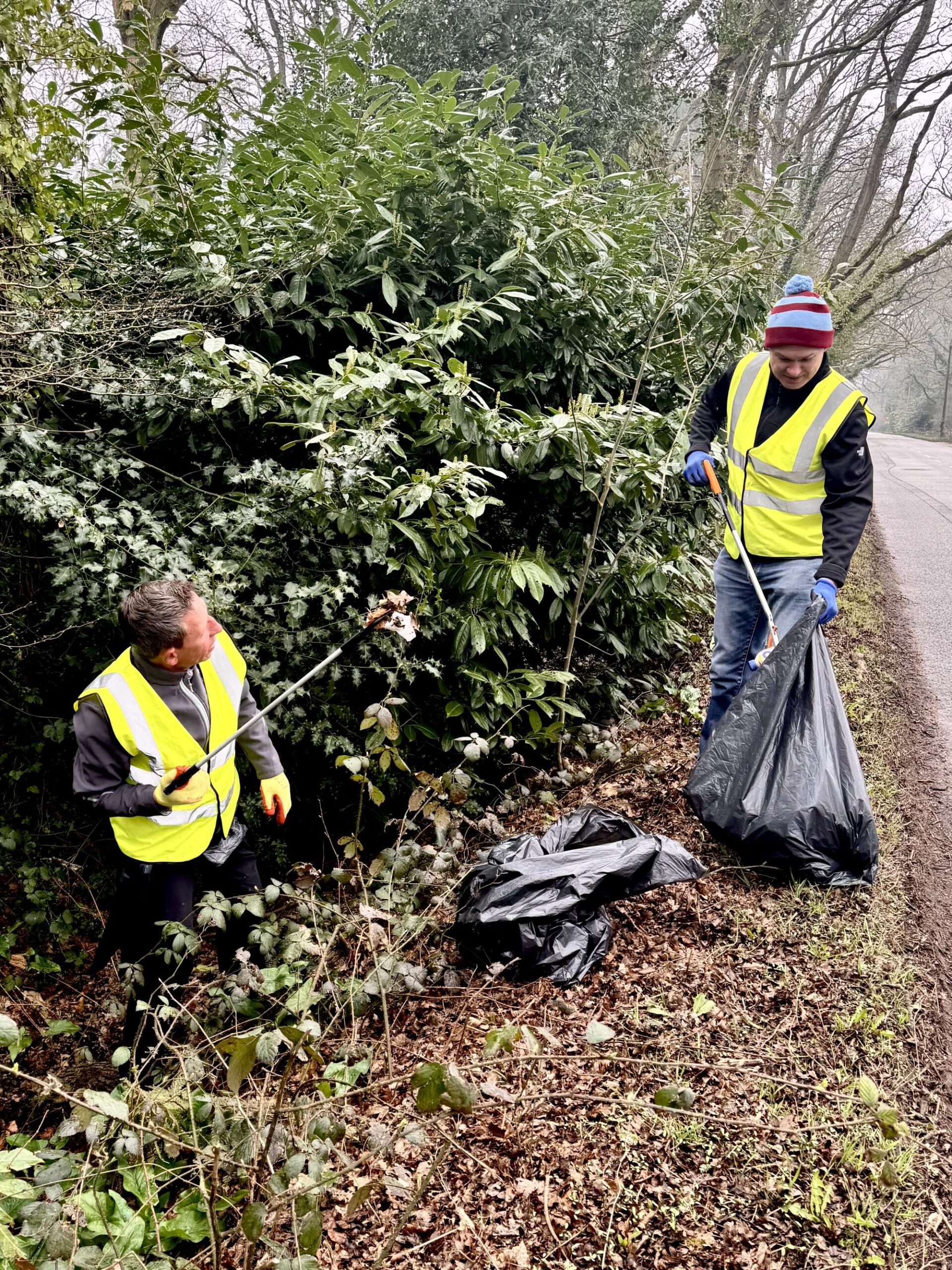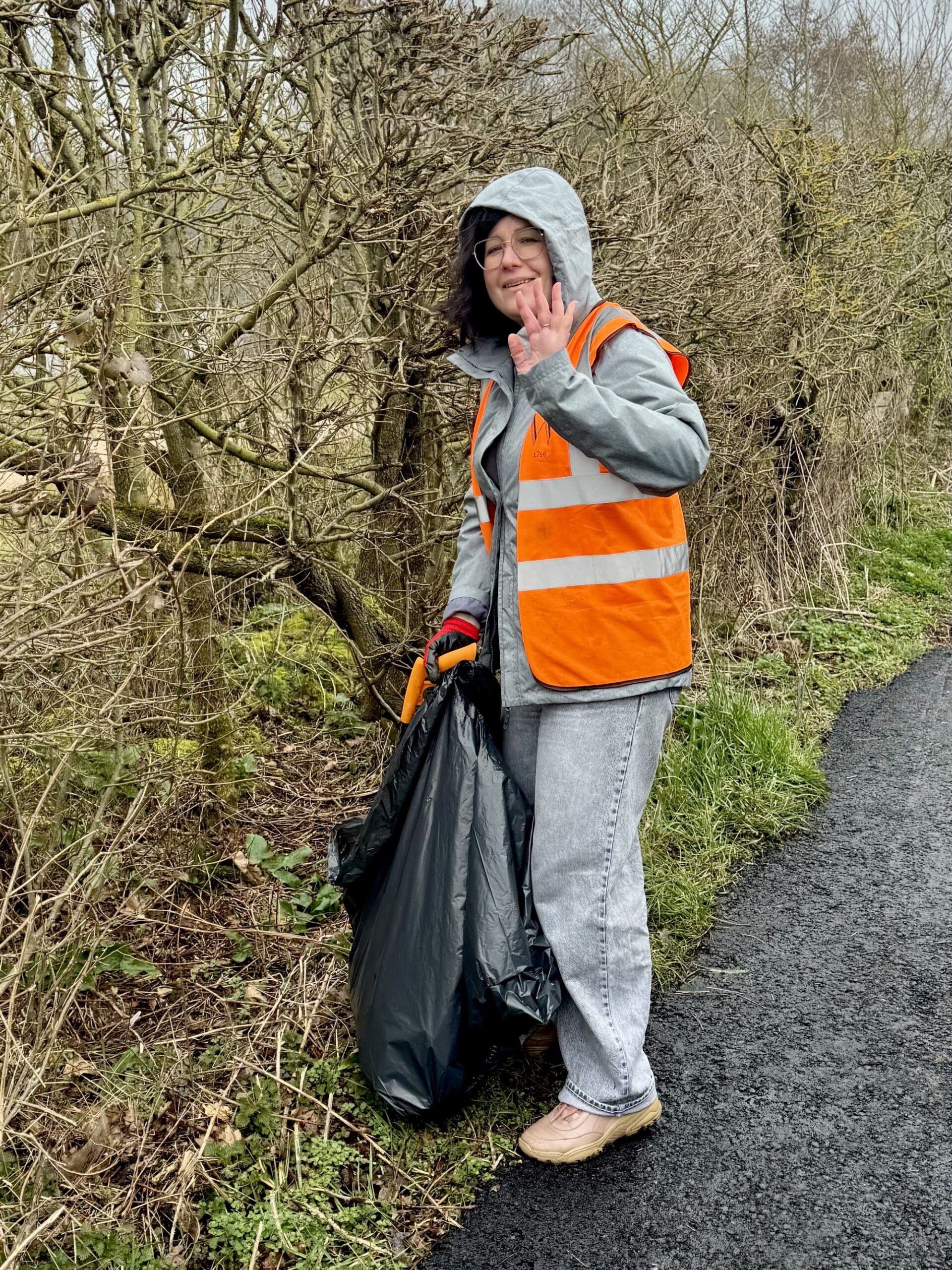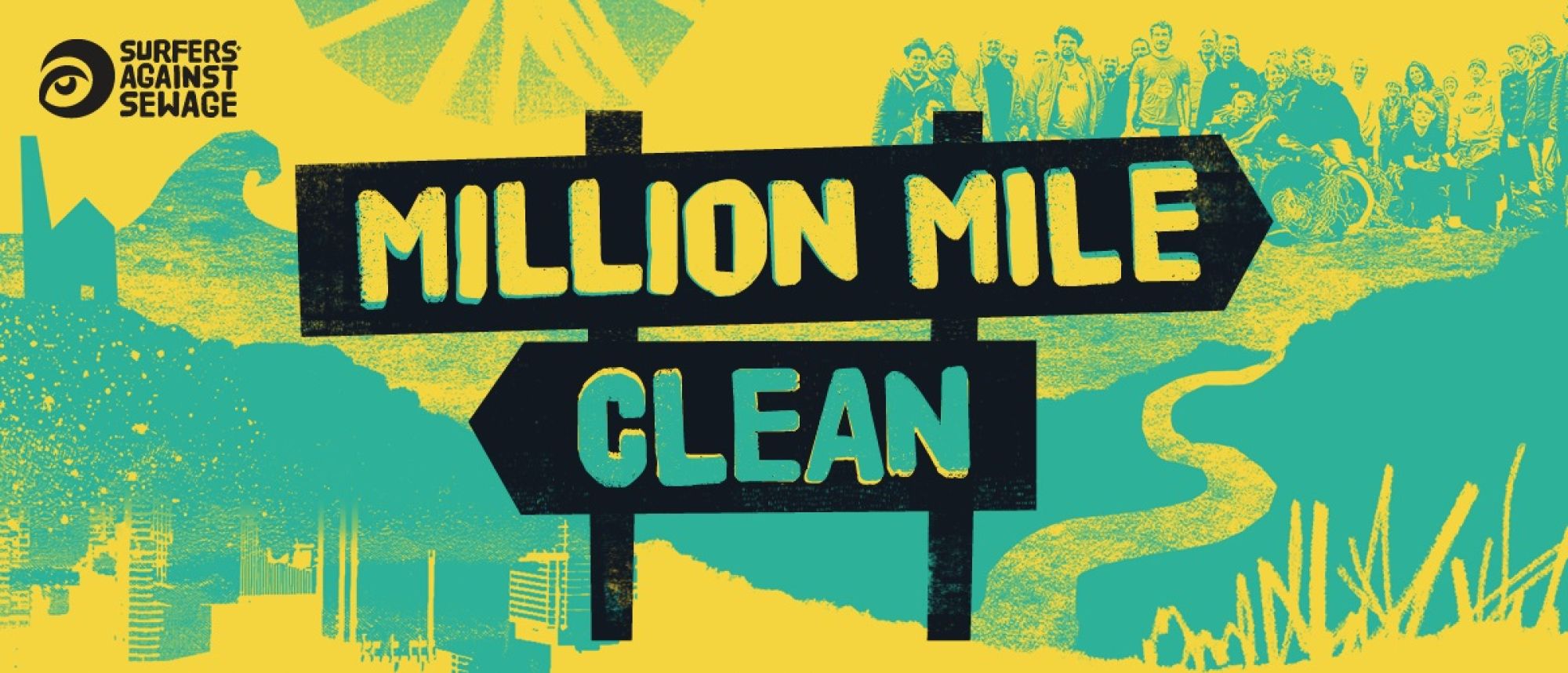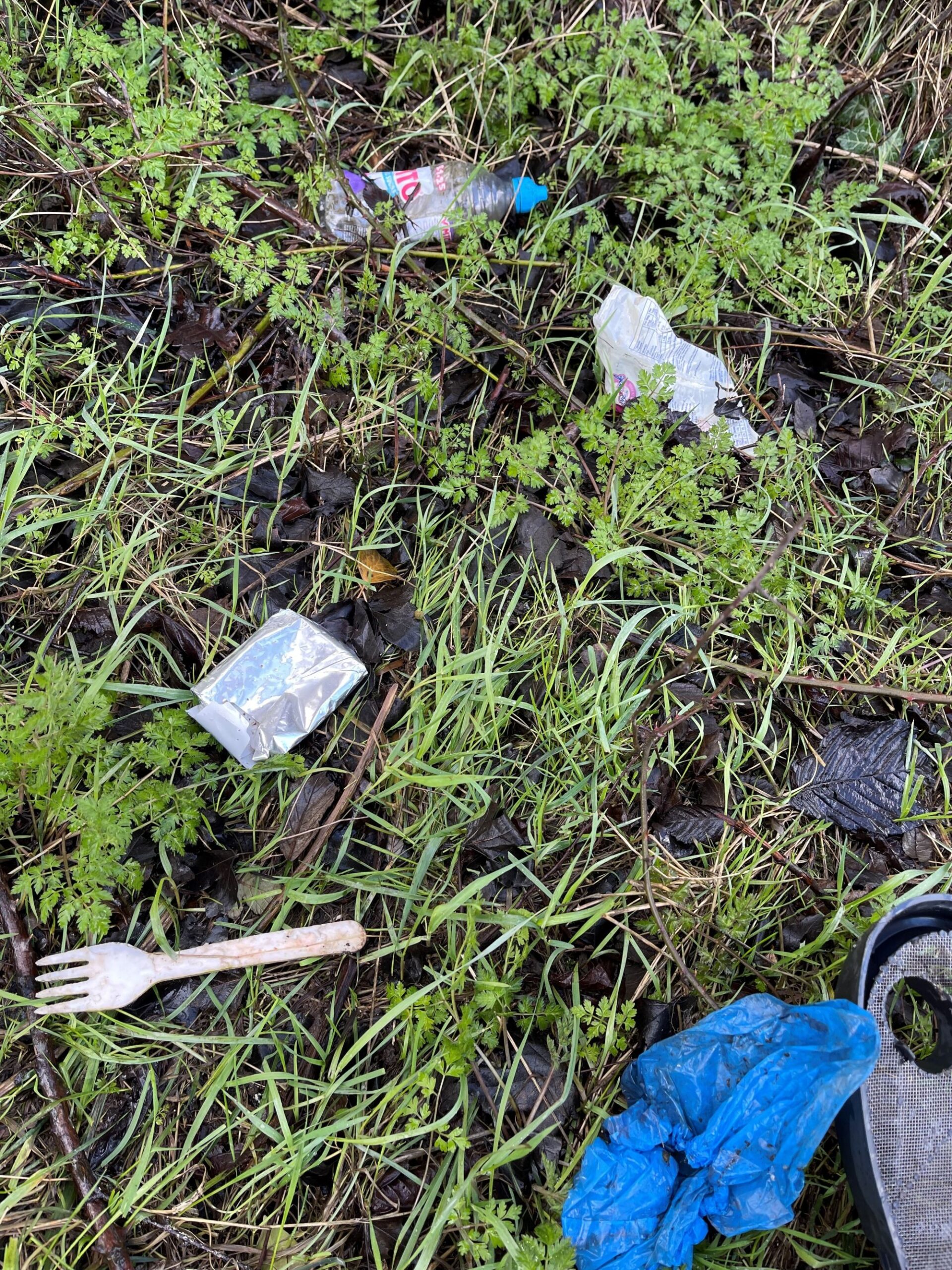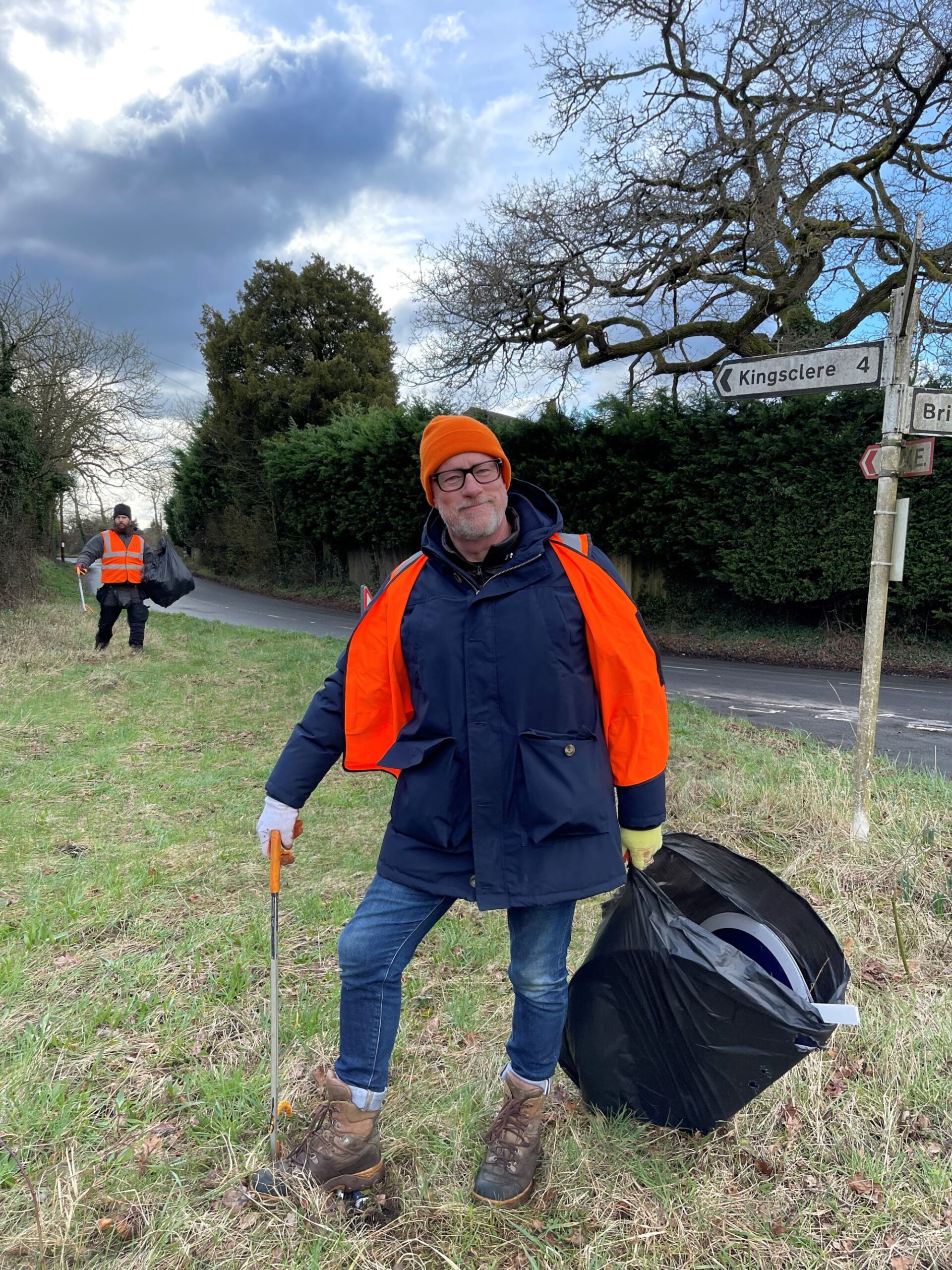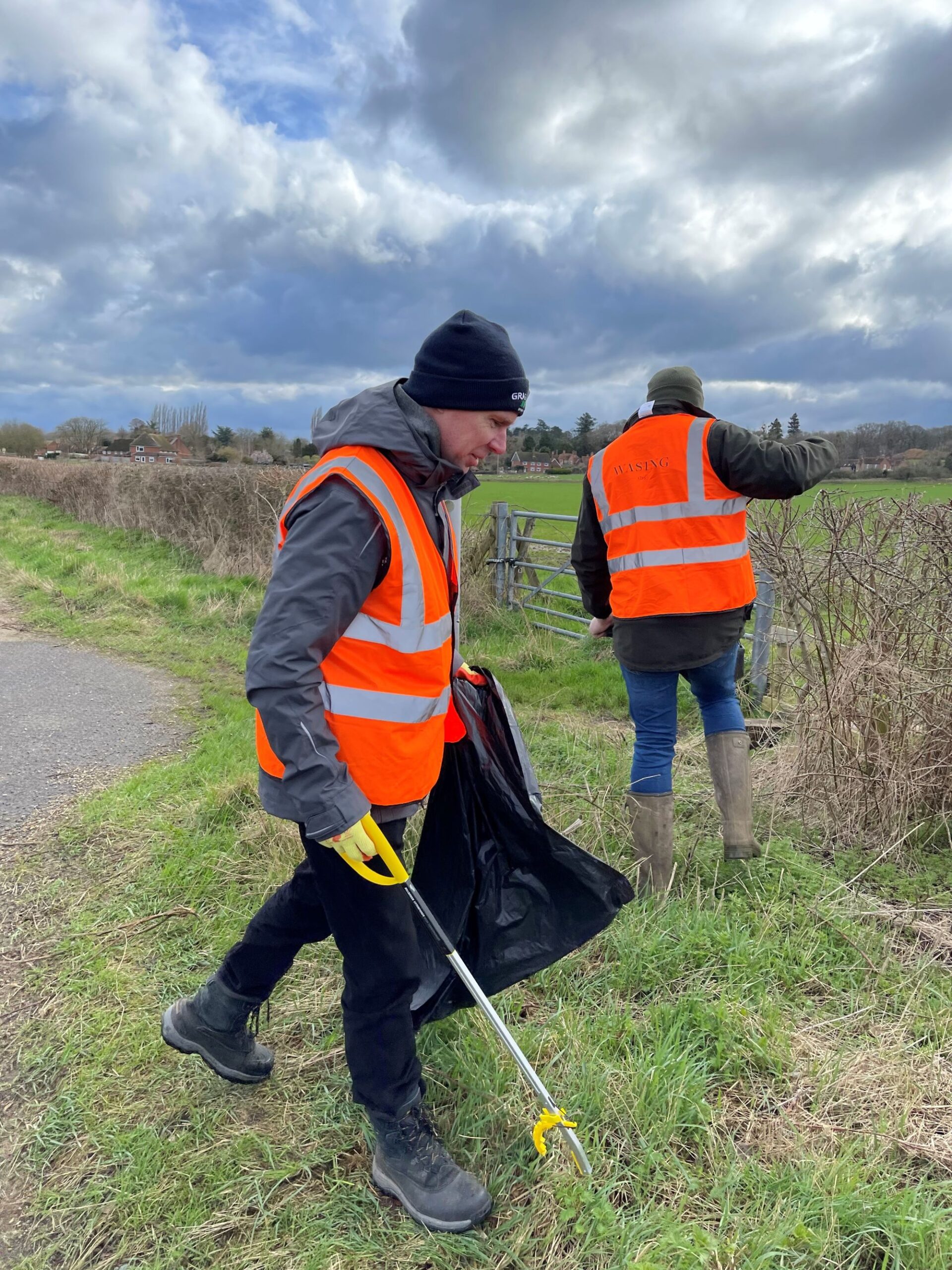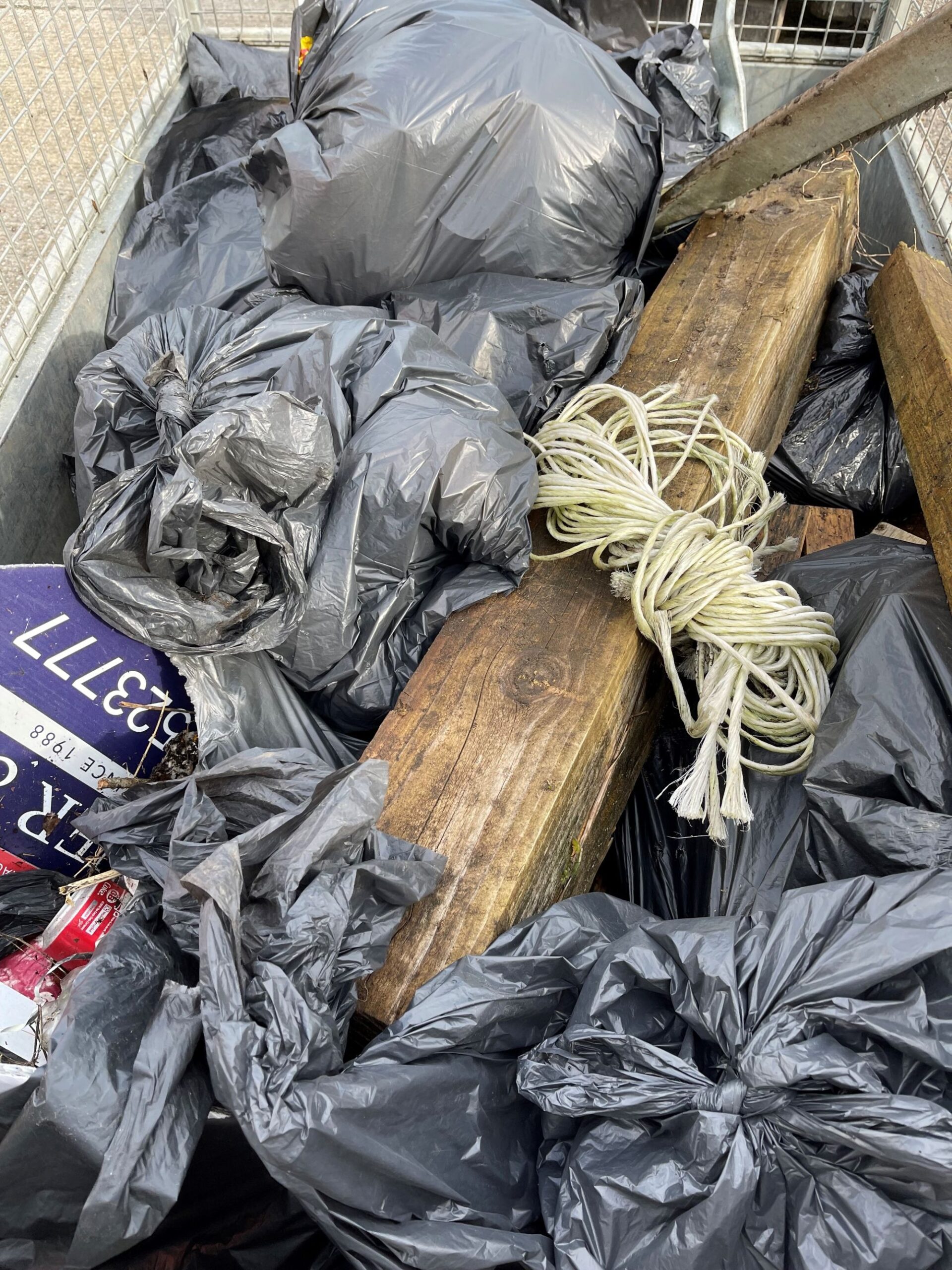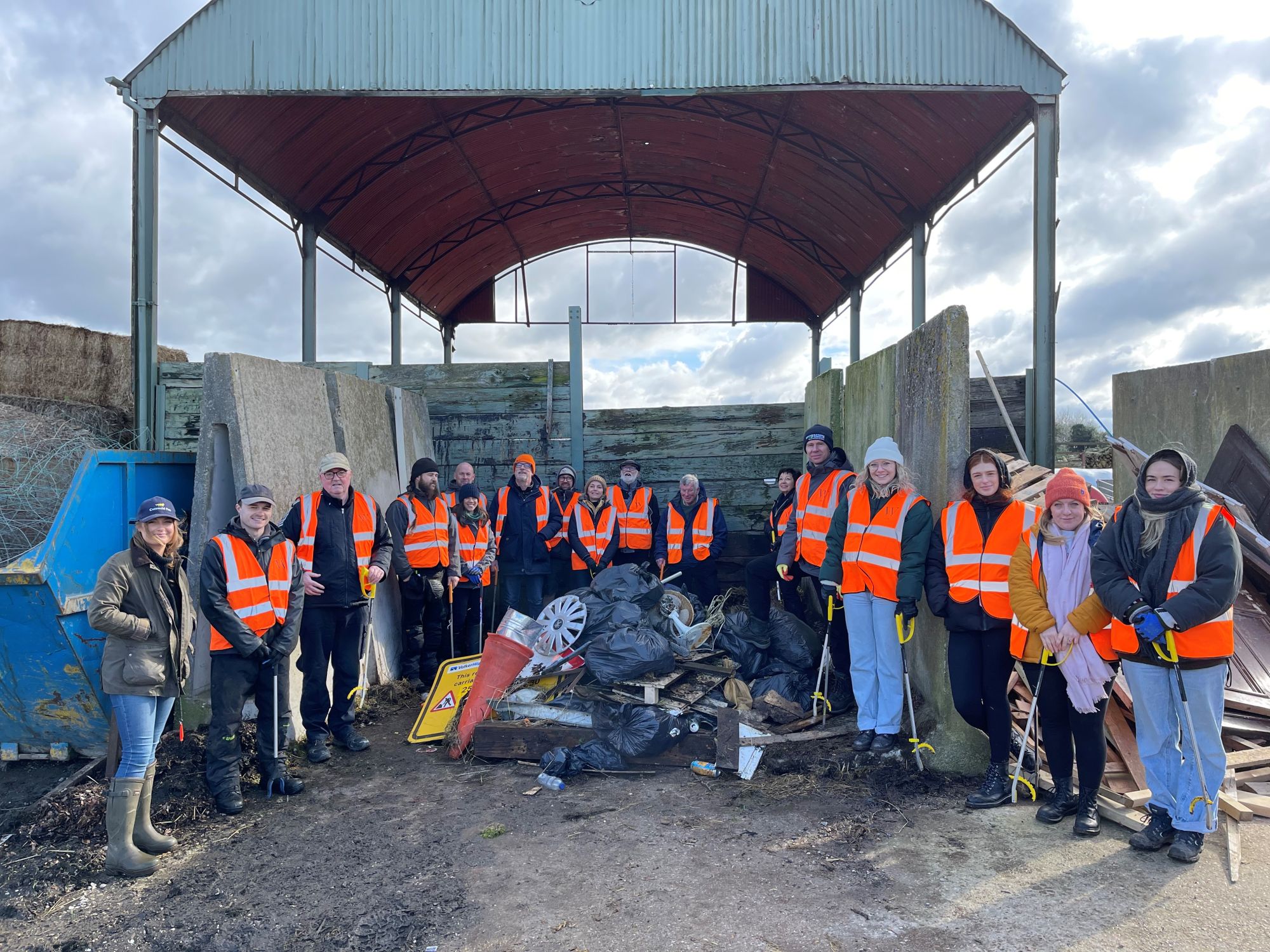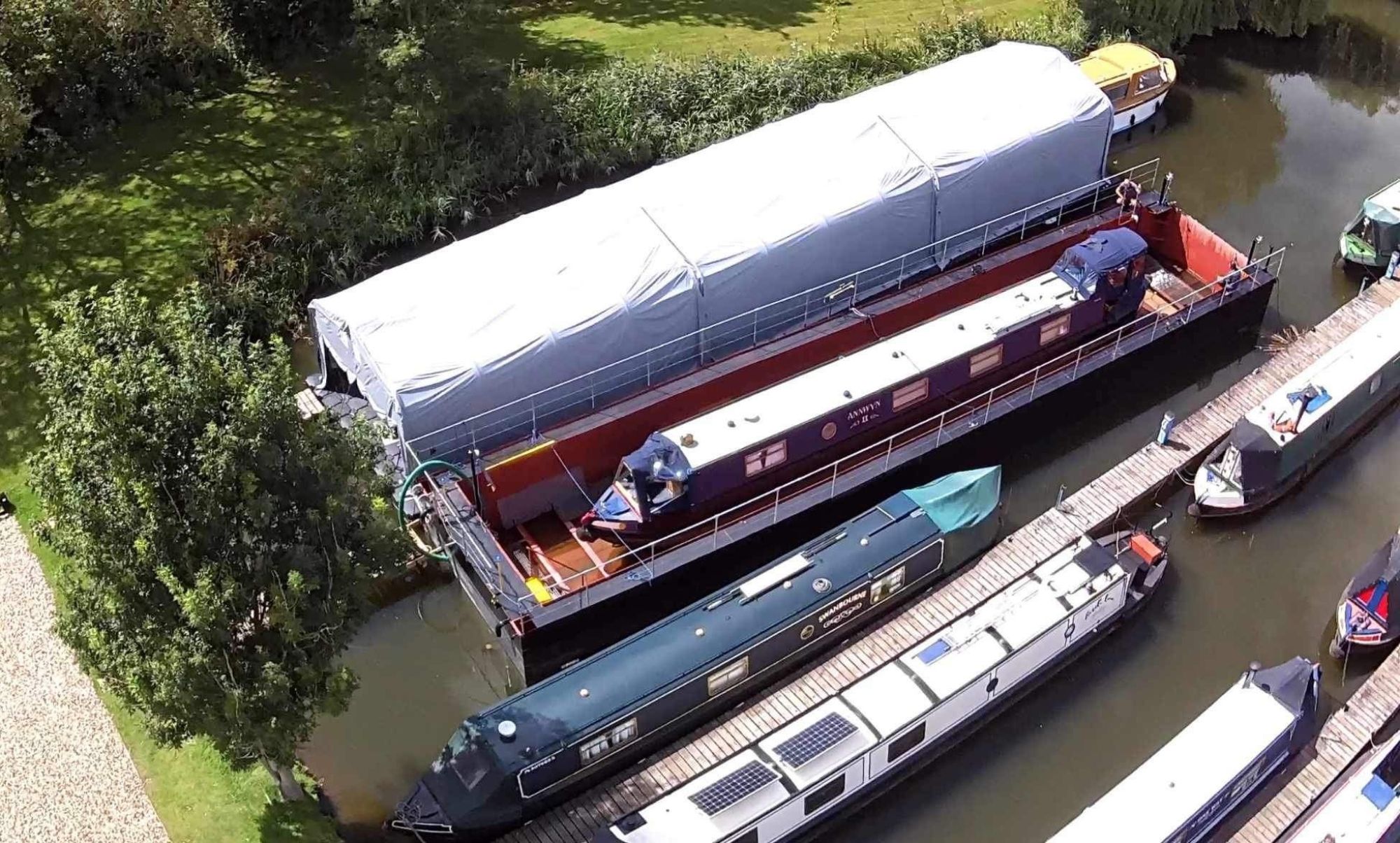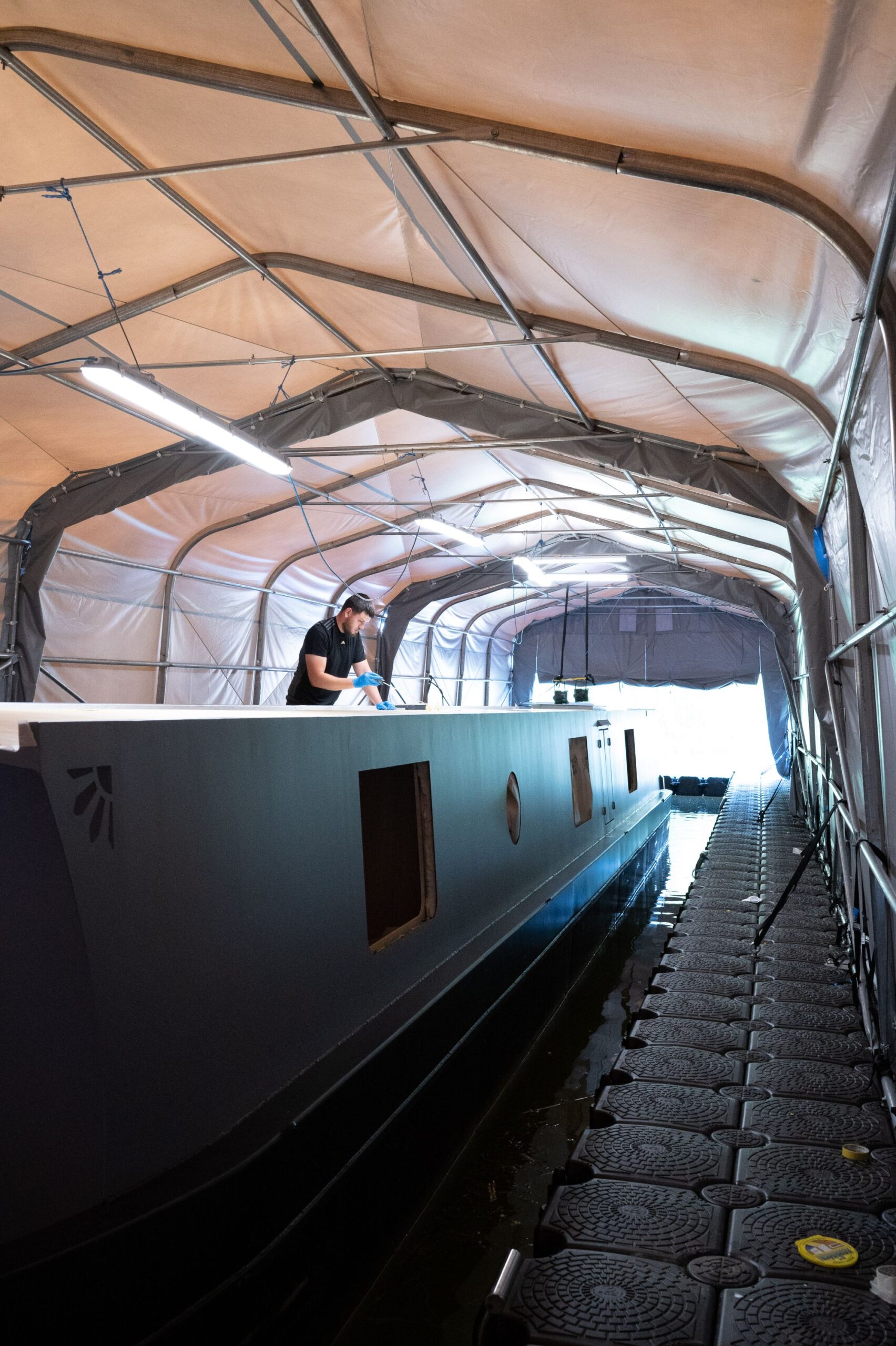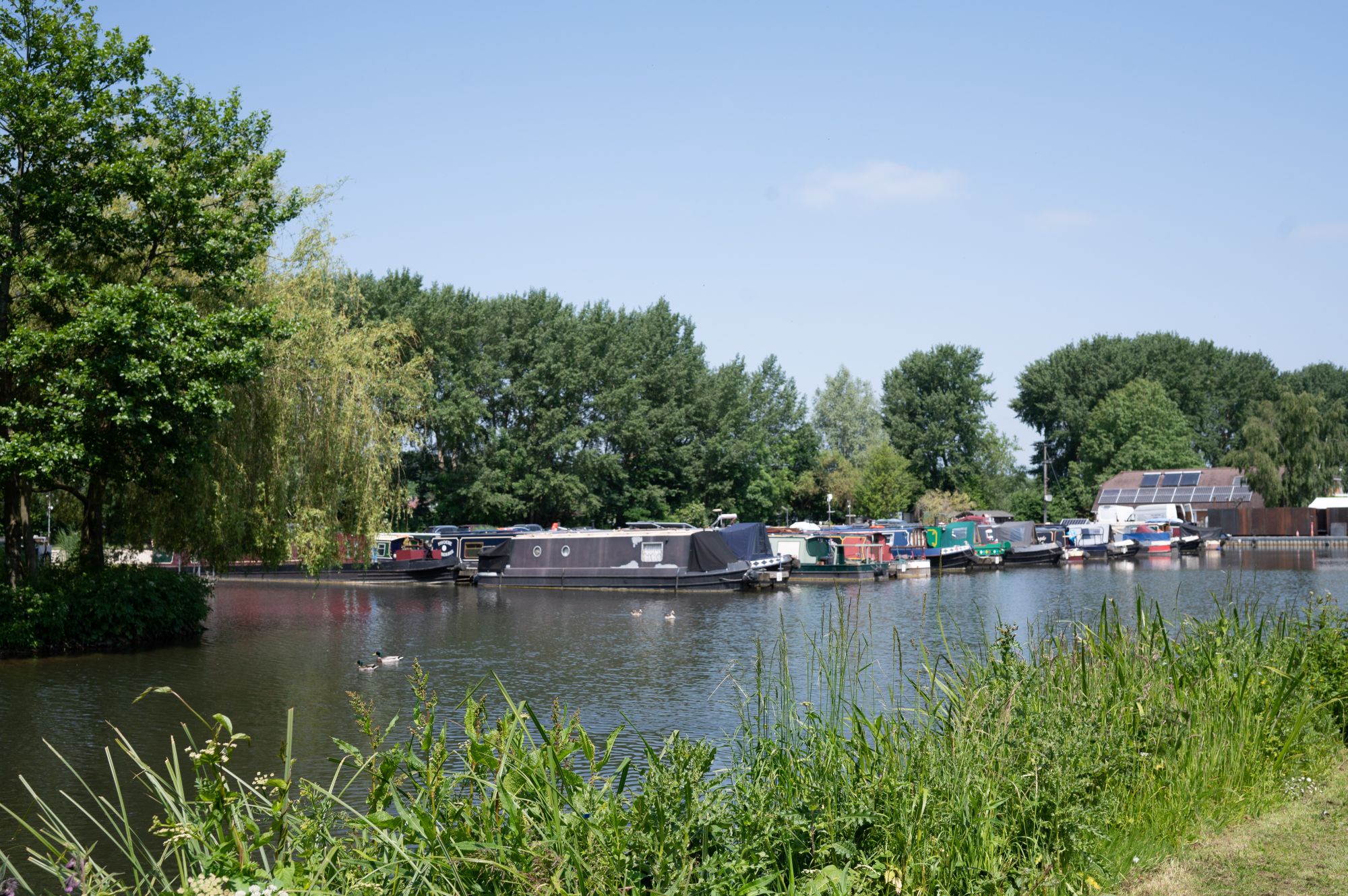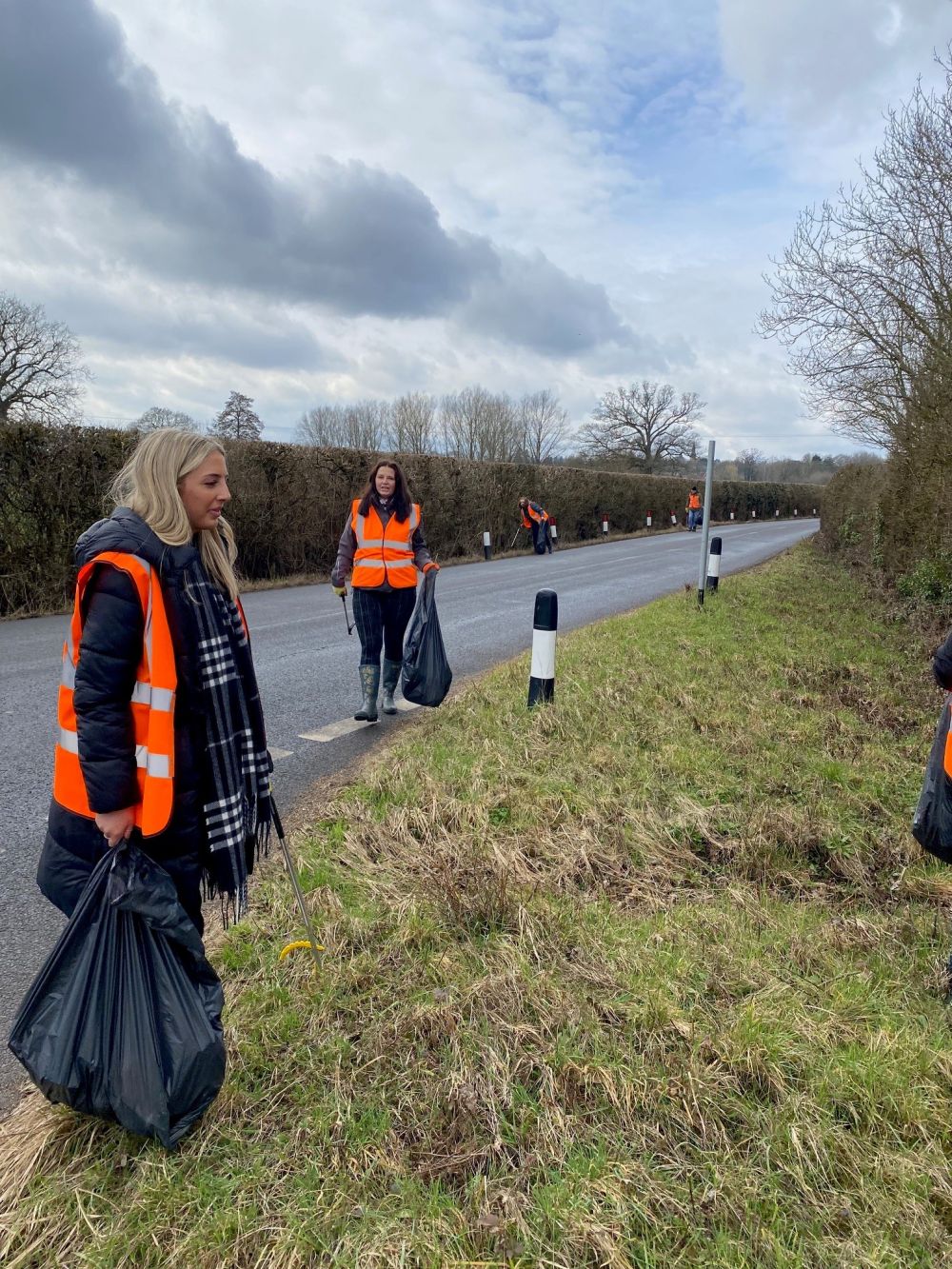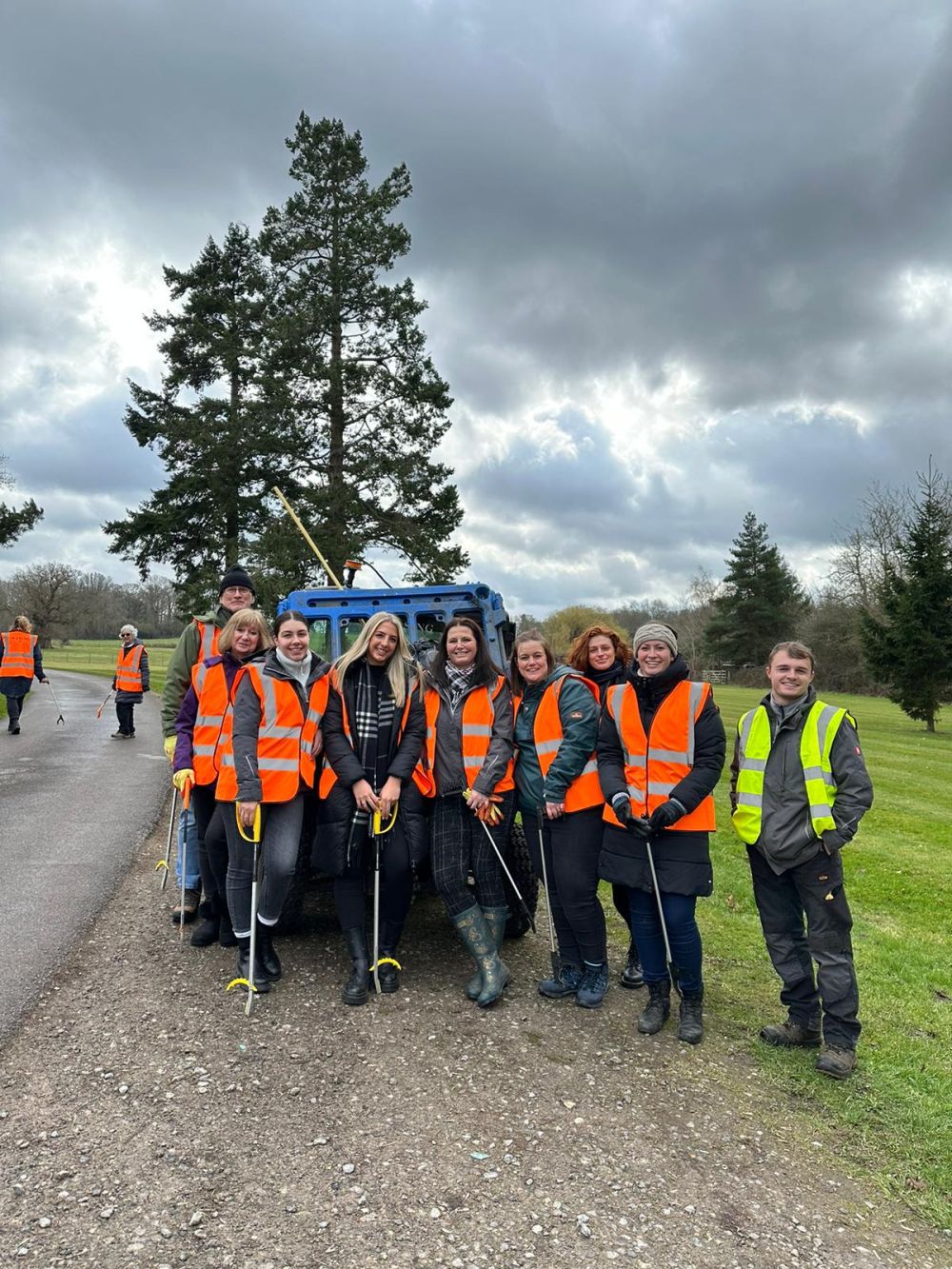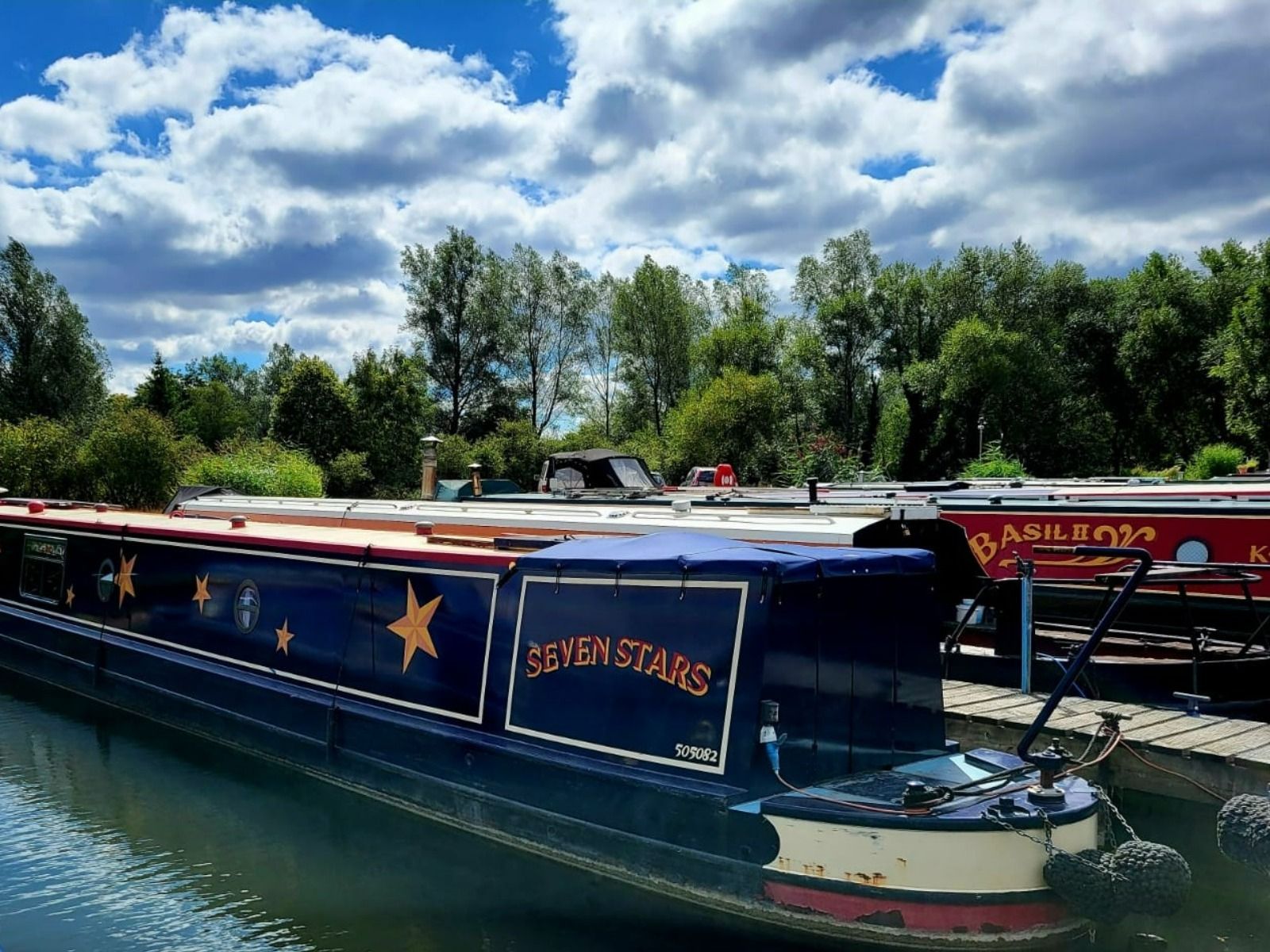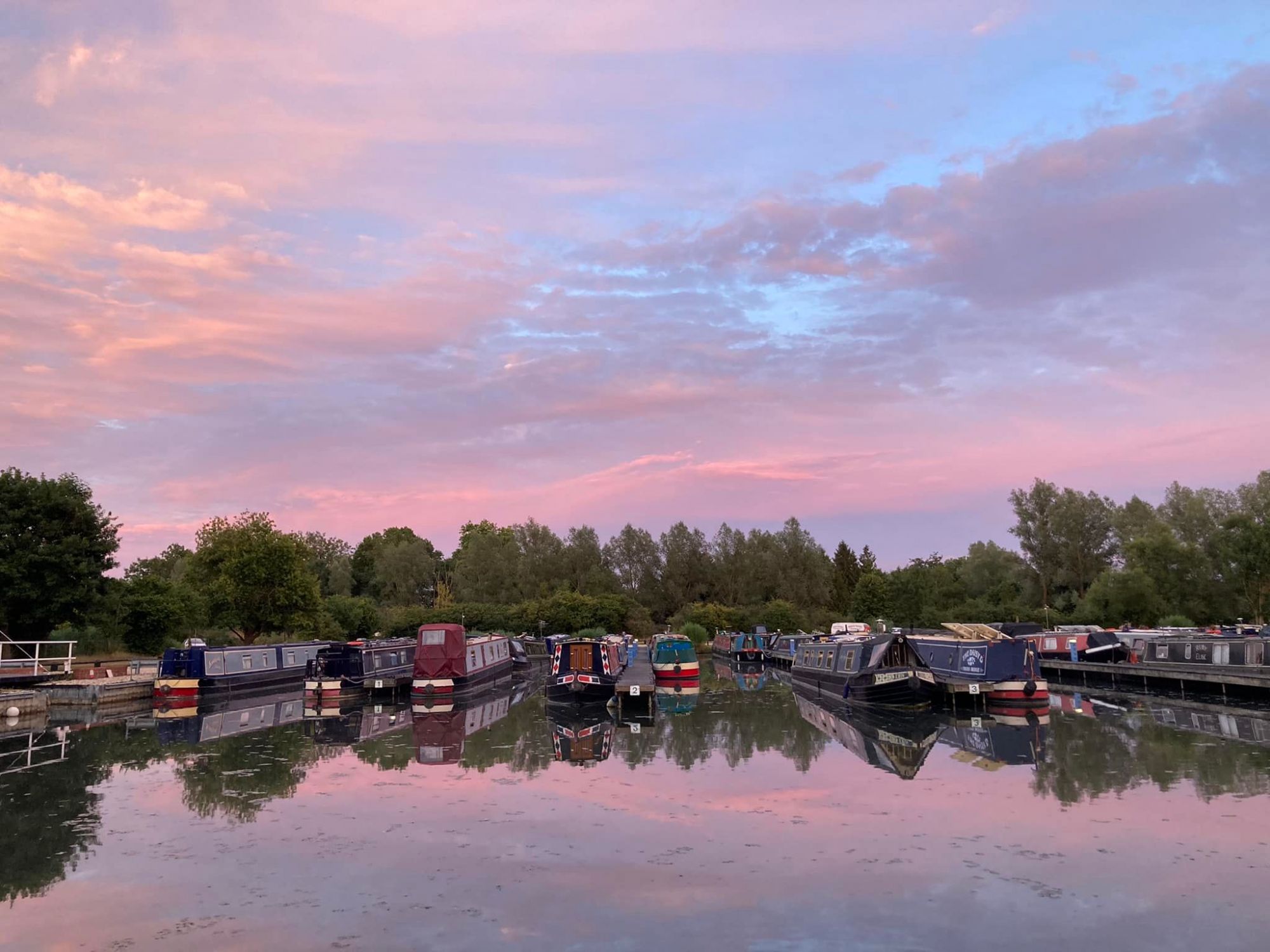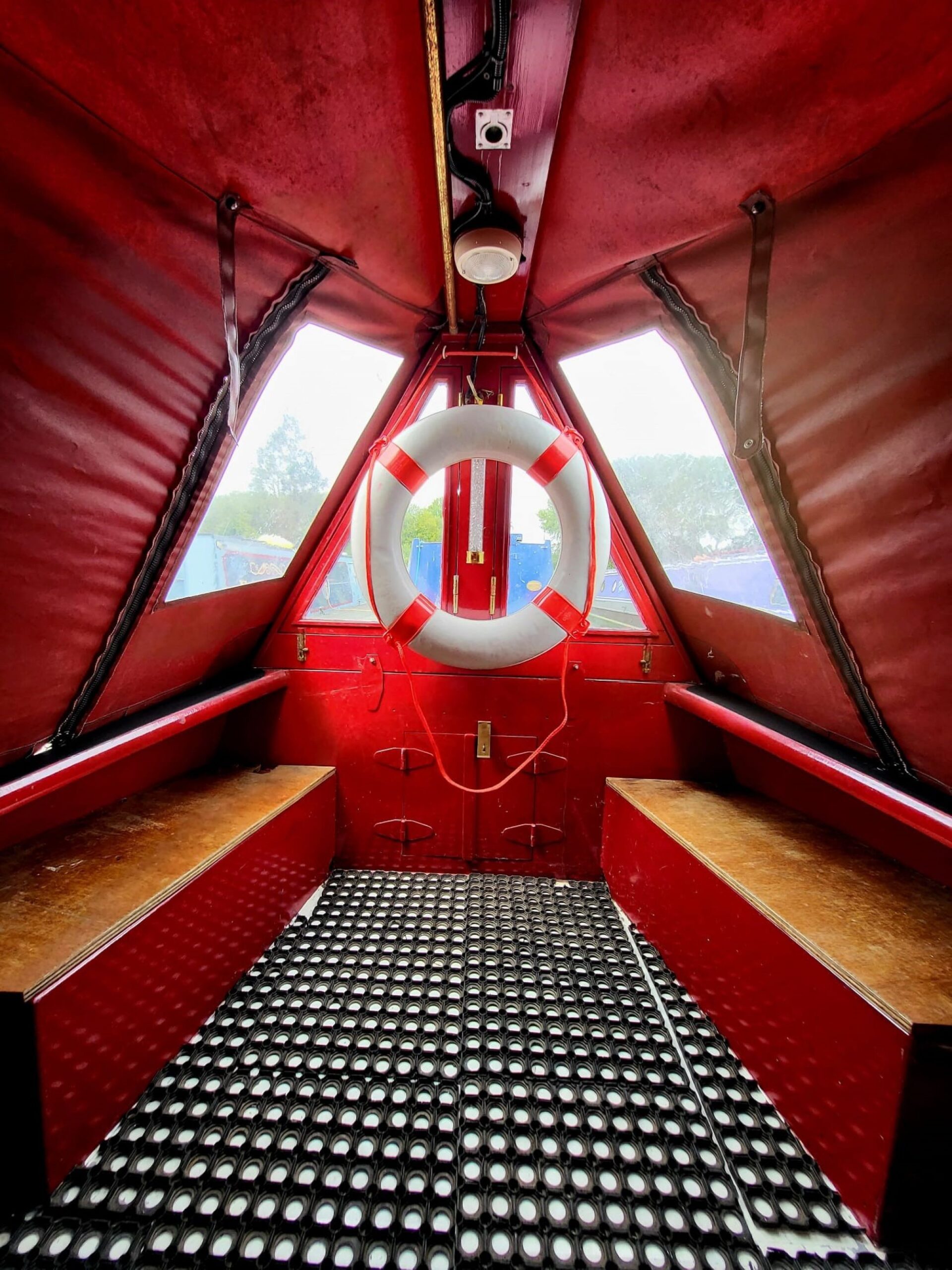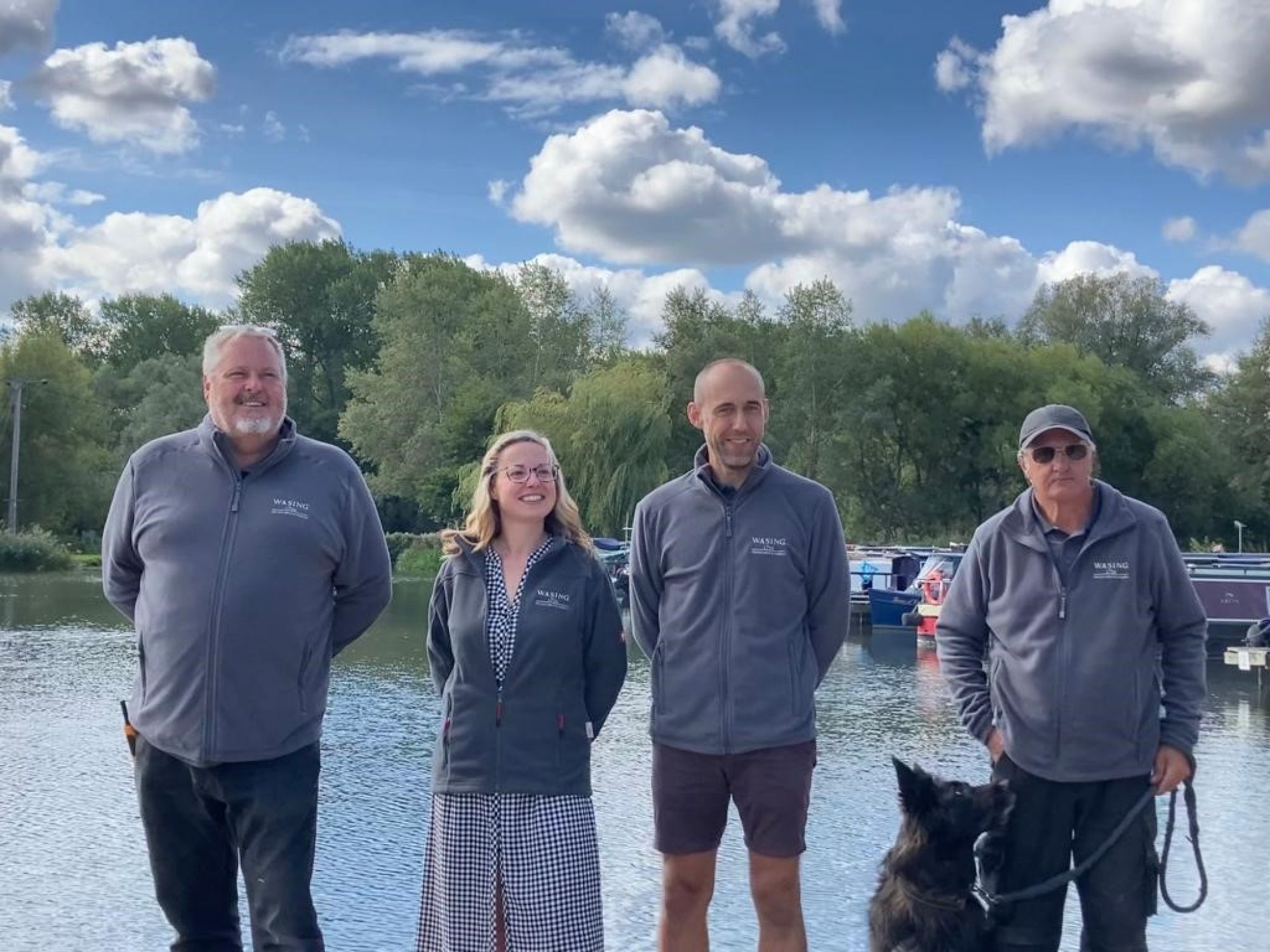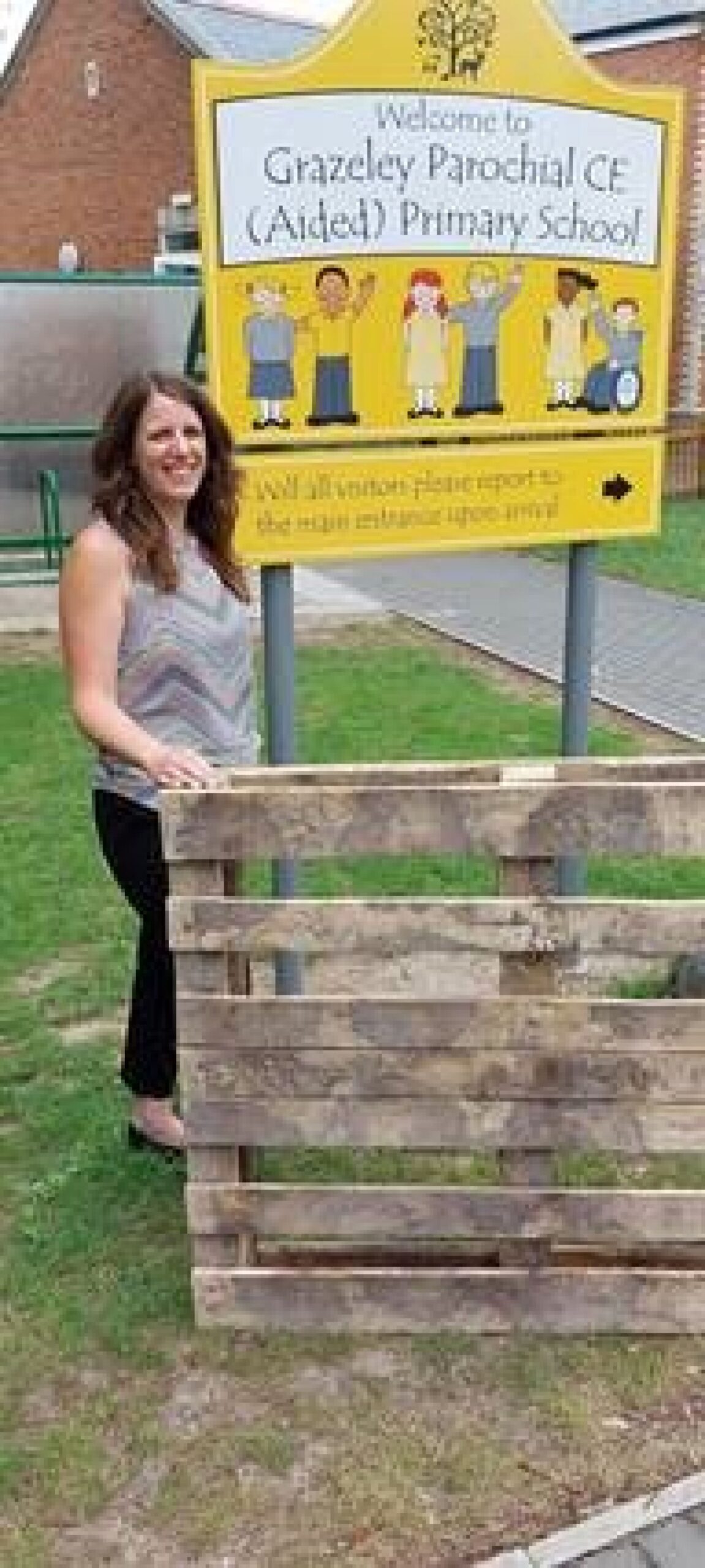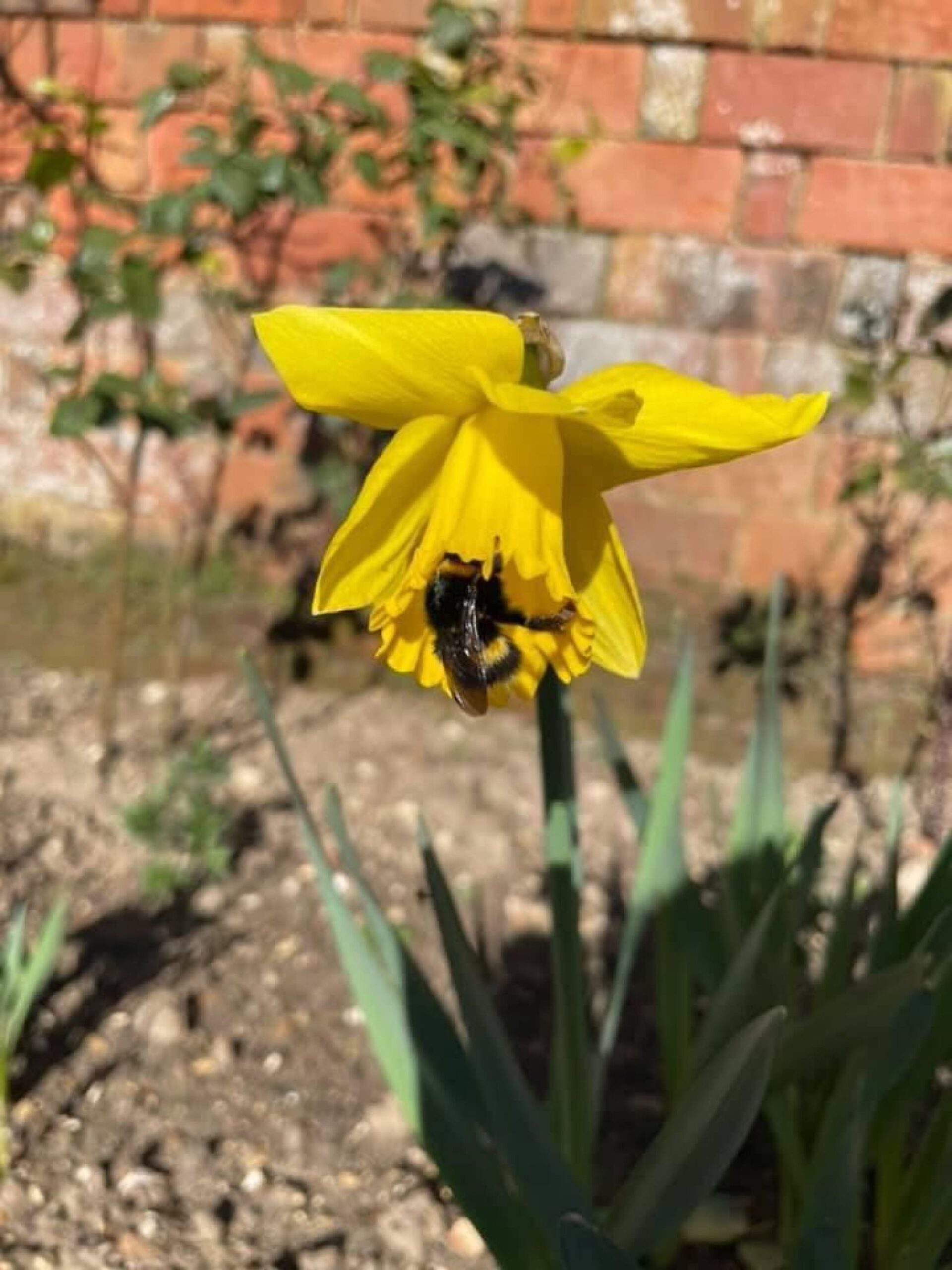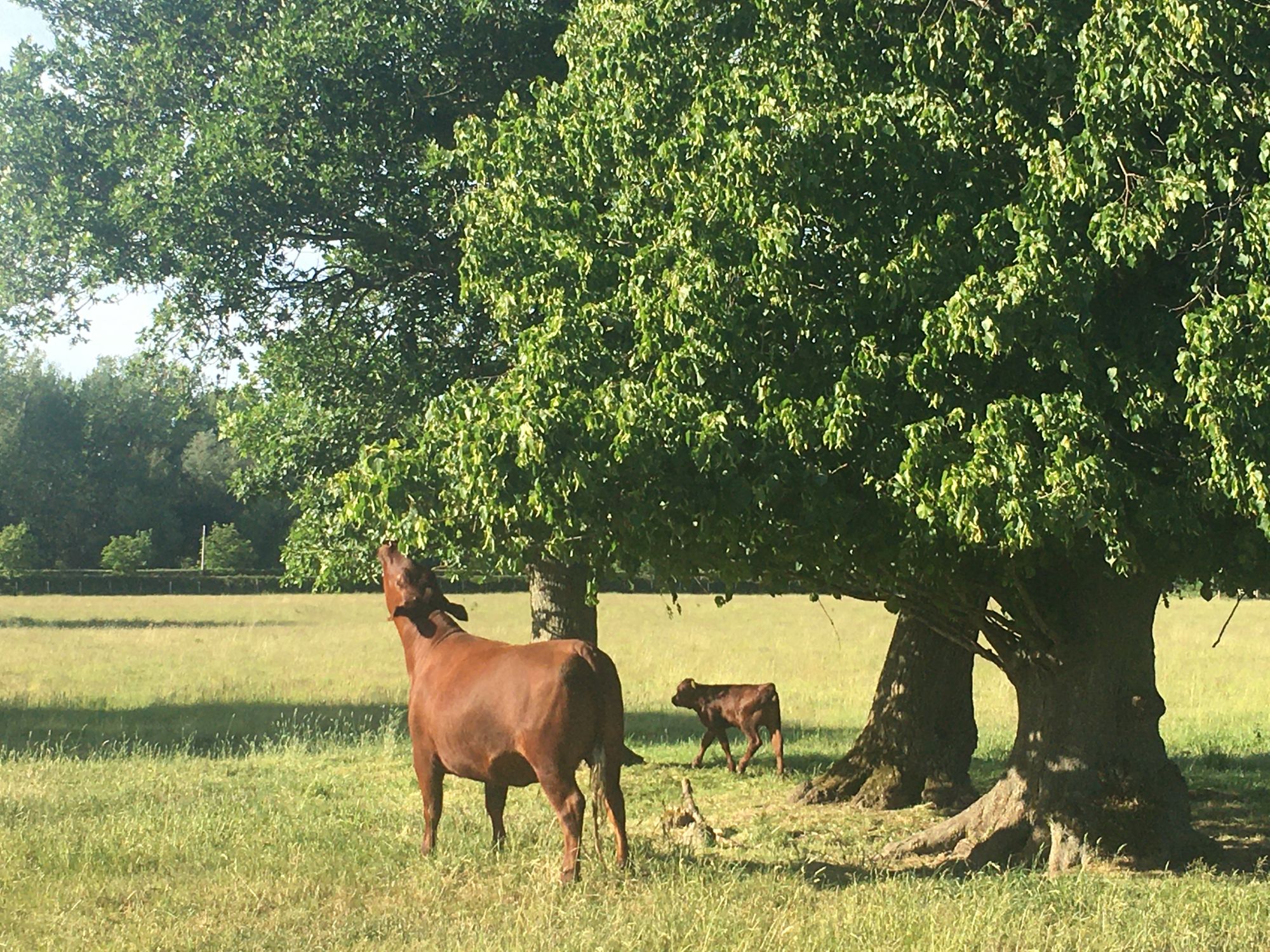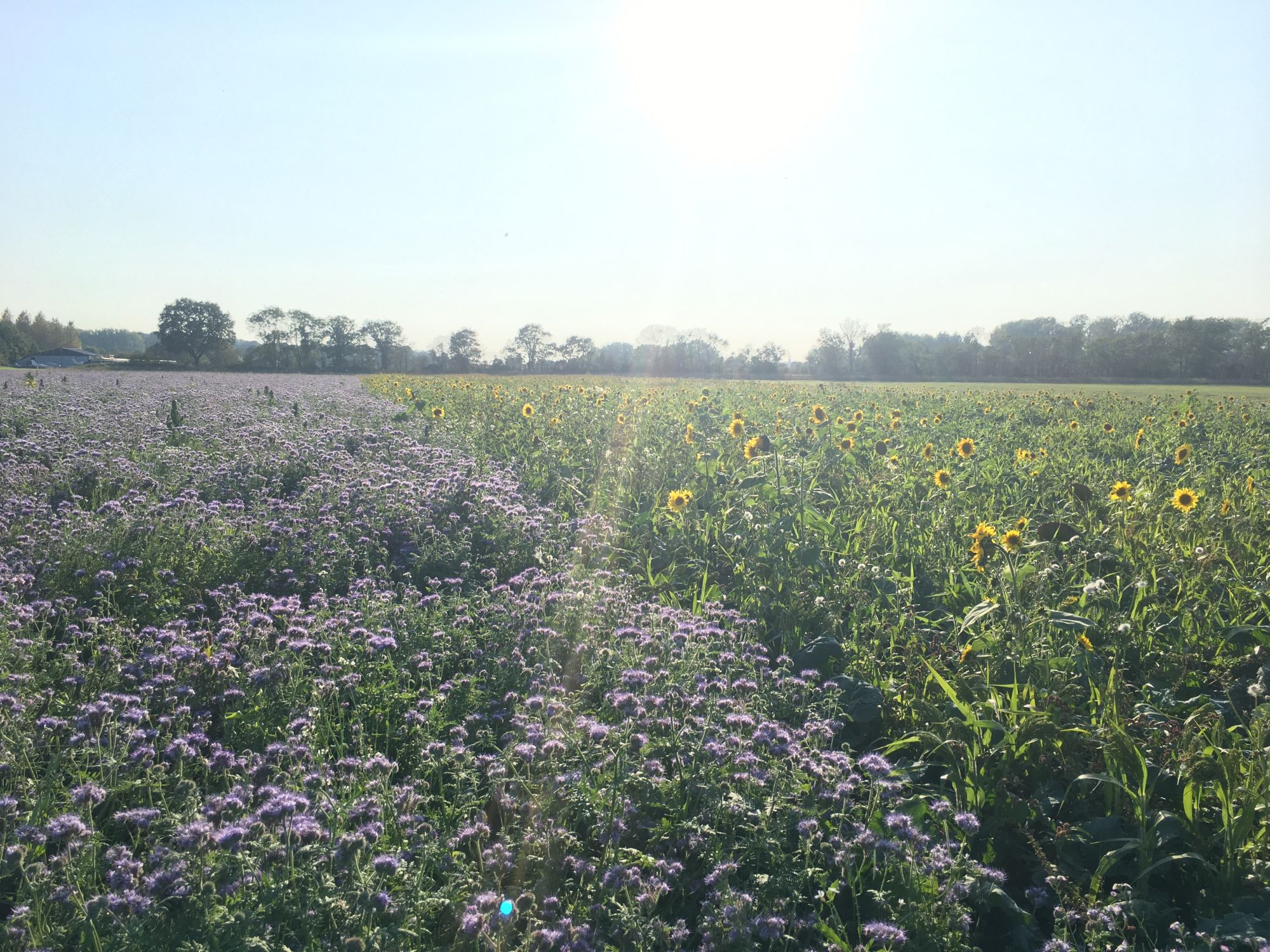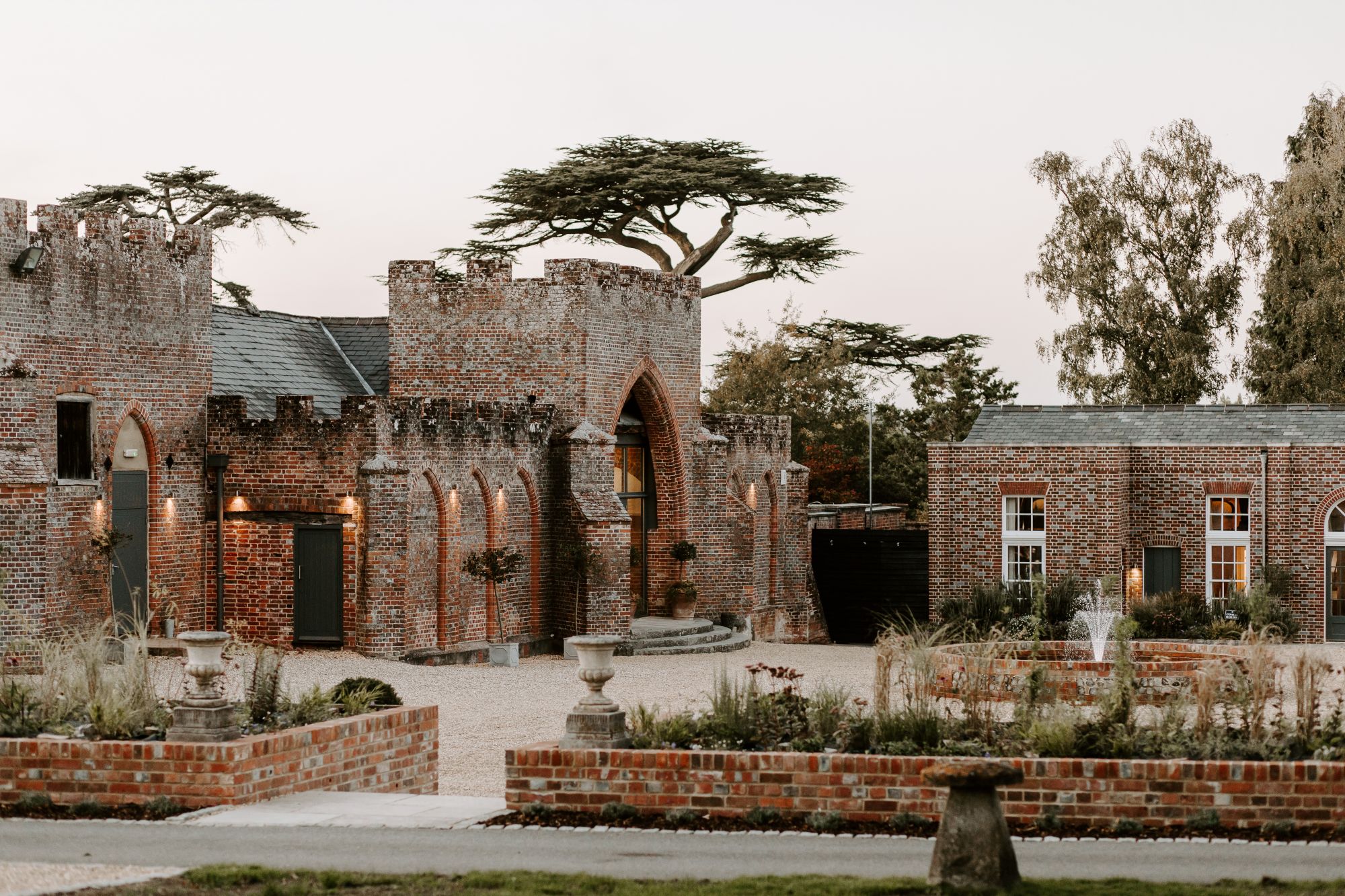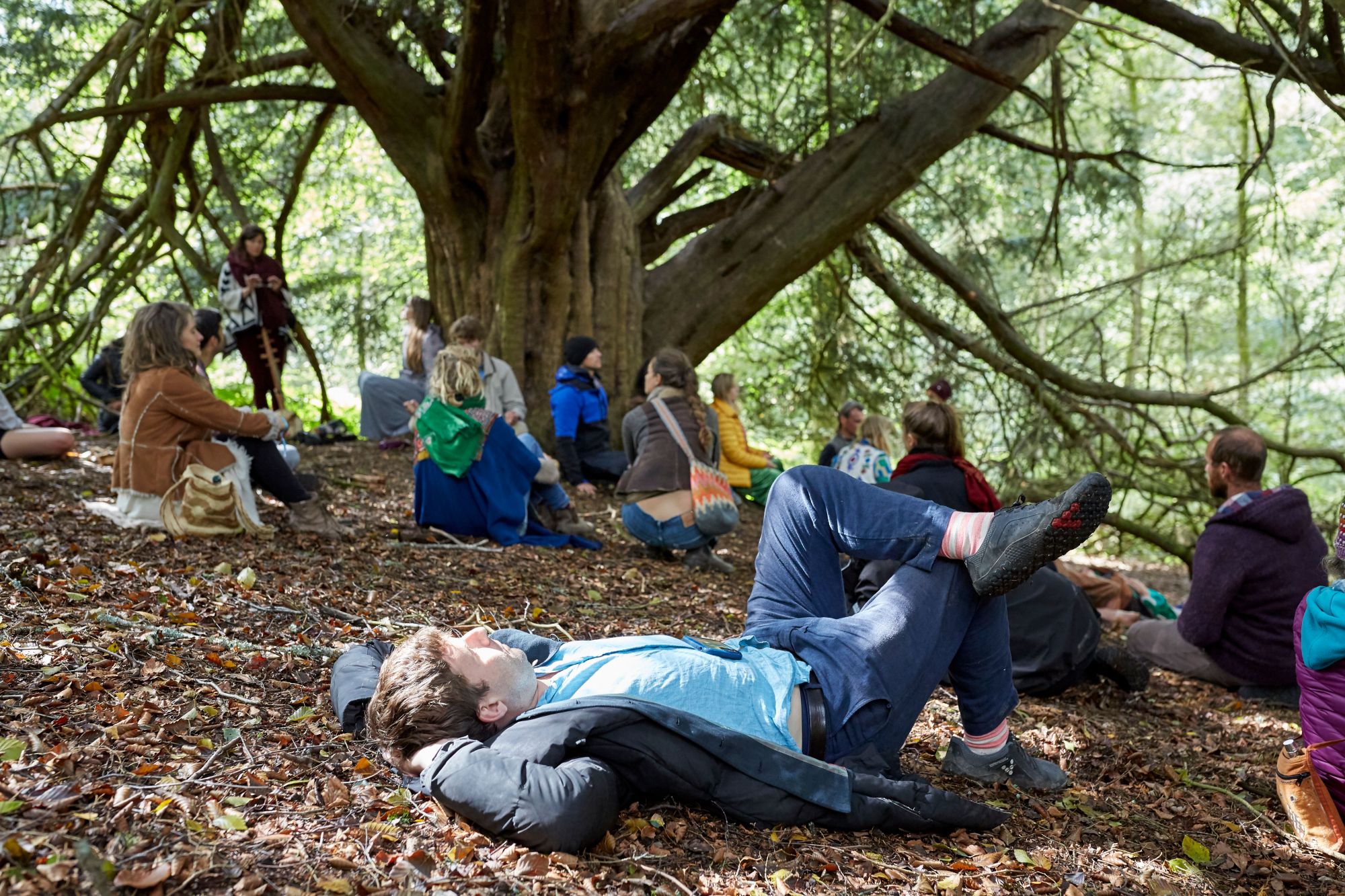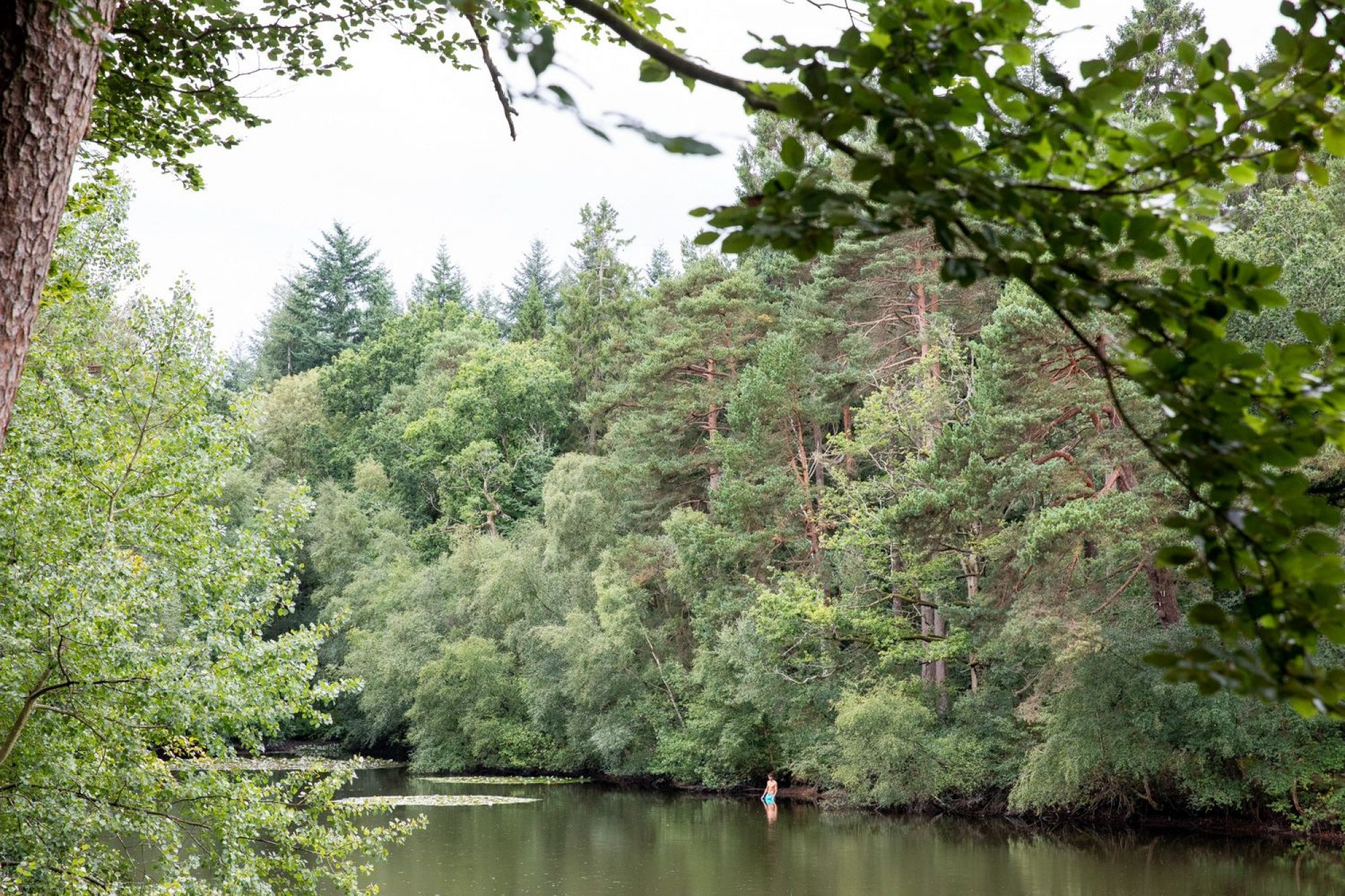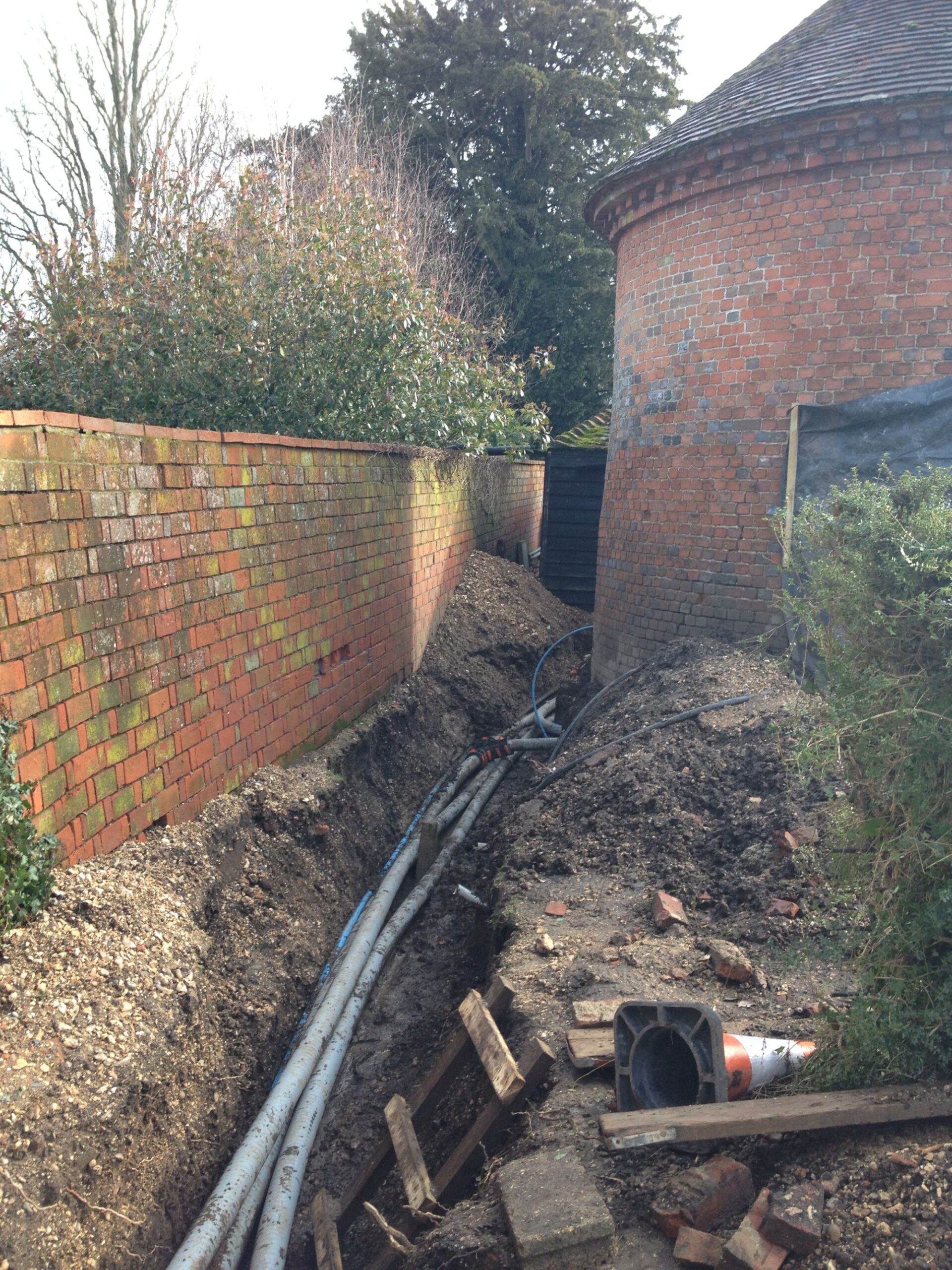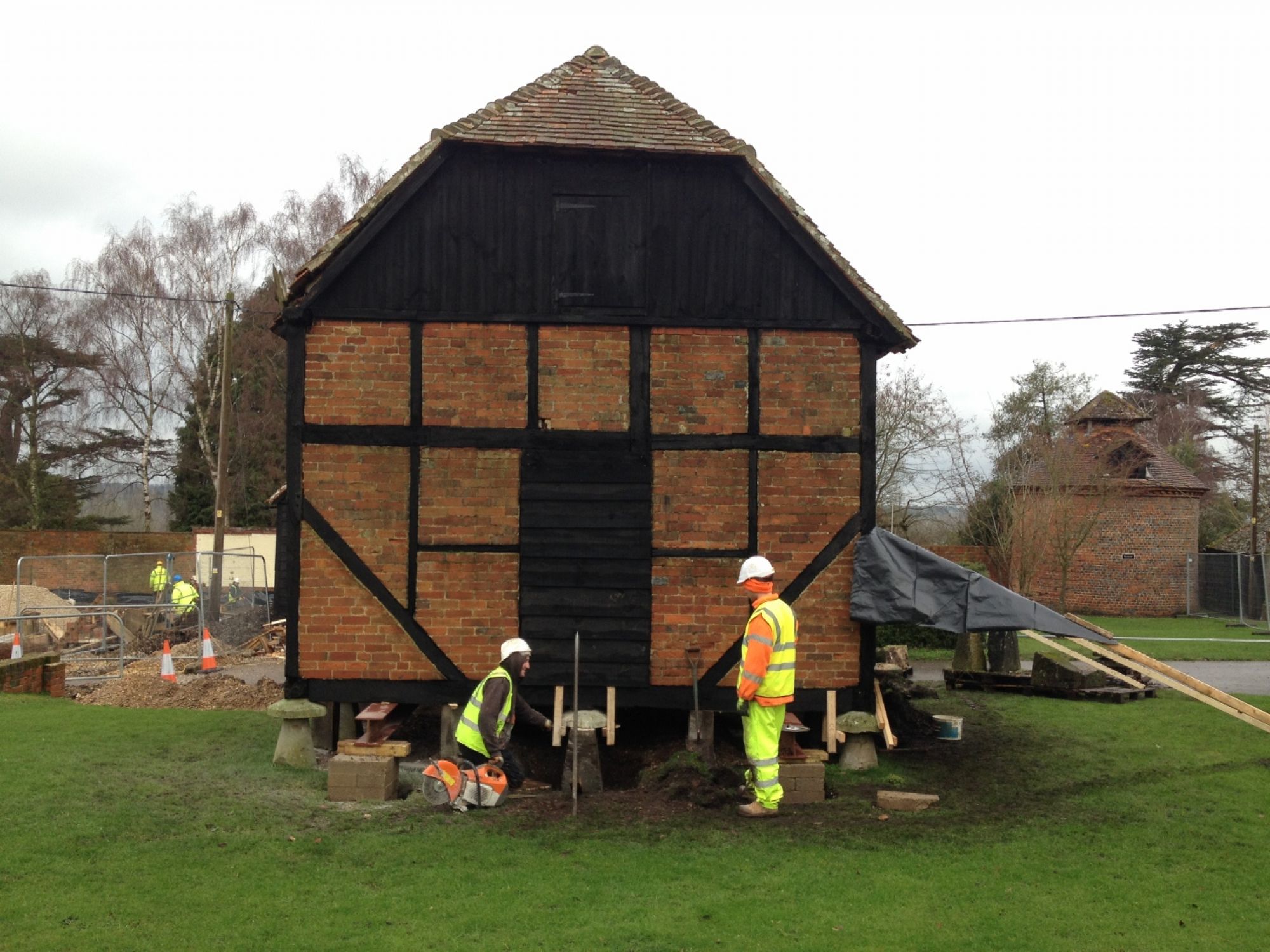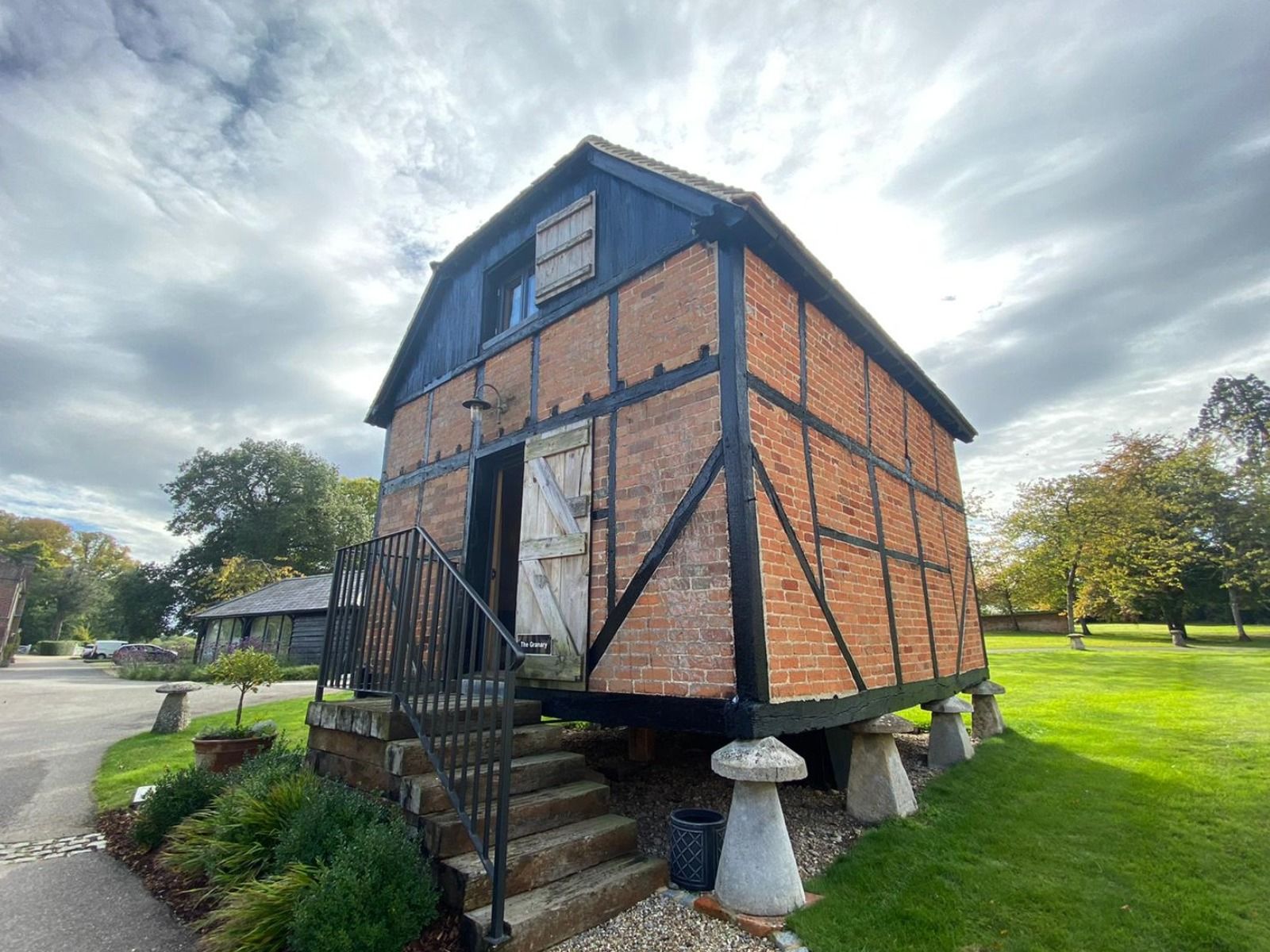
Back in March, Wasing Park had to close its doors, a wedding venue accustomed to daily celebrations, it sat empty and quiet for months. We were missing our couples, the buzz of excited guests and wedding day smiles.
Over the years we were often asked by couples who got married at Wasing, “can I come back and stay?” Unfortunately, the answer was almost always no, we were simply too busy with weddings and events.
With the need to escape to the countryside for a change of scenery, and staycations one of the only ways to get away this year, we decided to open up as a hotel allowing couples and their families to return to Wasing to stay for the weekend.

Image by Studio Rouge
Guests who book one of our weekend breaks can stay in some of the most unique hotel accommodation in the country including the stunning grade II listed Granary sat atop staddle stones, the Smithy, a former blacksmith’s shop now a large beautiful boutique bedroom and the Dovecote, a very unique, cylindrical two-story building featuring a free-standing copper bath.
The first couple to come back through the door, on our opening weekend in October, were Emma and Dean, married back in October 2016, it was the perfect anniversary celebration.
“We never thought we would get the opportunity to go back to Wasing, so we were really excited when we got the email through – even more so when we found out that we could book the honeymoon suite.”

Image by Studio Rouge
We want to make all our returning couples and new guests feel extra special when arriving at Wasing. As well as a complimentary welcome drink while you are settling in to your unique room, we are also including a beautiful, well stocked hamper, ready for your arrival, which can be restocked each day of your stay!
“The hamper on arrival was a lovely touch and it was great that you could get a re-fill. It was also lovely to share a glass of champagne when we arrived.”
“After checking in we spent a bit of time walking around the venue, remembering our wedding day, which was lovely.”
Wasing has extensive grounds which offer endless walks and cycles through the woods, around the lakes and along the beautiful Kennet & Avon Canal. If you are a keen angler you can bring your own equipment and enjoy fishing on one of our stunning woodland lakes.


Images by Studio Rouge
“We knew the grounds at Wasing were enormous, so were also looking forward to being able to explore a bit more and see more than just the wedding venue. We really enjoy fishing and knew that Wasing had some really amazing lakes – they even held the record for the largest carp in the UK at one point, so it was really exciting for us to be able to go and have a walk round them and even fish one of the smaller lakes”
One thing our couples and their guests always comment on, is how fantastic the food was on the wedding day! So, we knew food had to be a big part of our weekend break offering.
“The food is amazing at Wasing Park and I think in terms of our hotel stay, this would be our favourite thing.”
Our Executive Chef, Stu Tyler designed varied, delicious and sustainable menus for the weekend. The a la carte menu, with ‘Estate to Plate’ offerings, such as Wasing’s braised venison shank, is served on Friday evenings. Making the most of the magical woodland venue at Wasing, for lunch on Saturday and Sunday you are offered the opportunity book an alfresco, cook your own experience, under the guidance of Wasing’s chef.
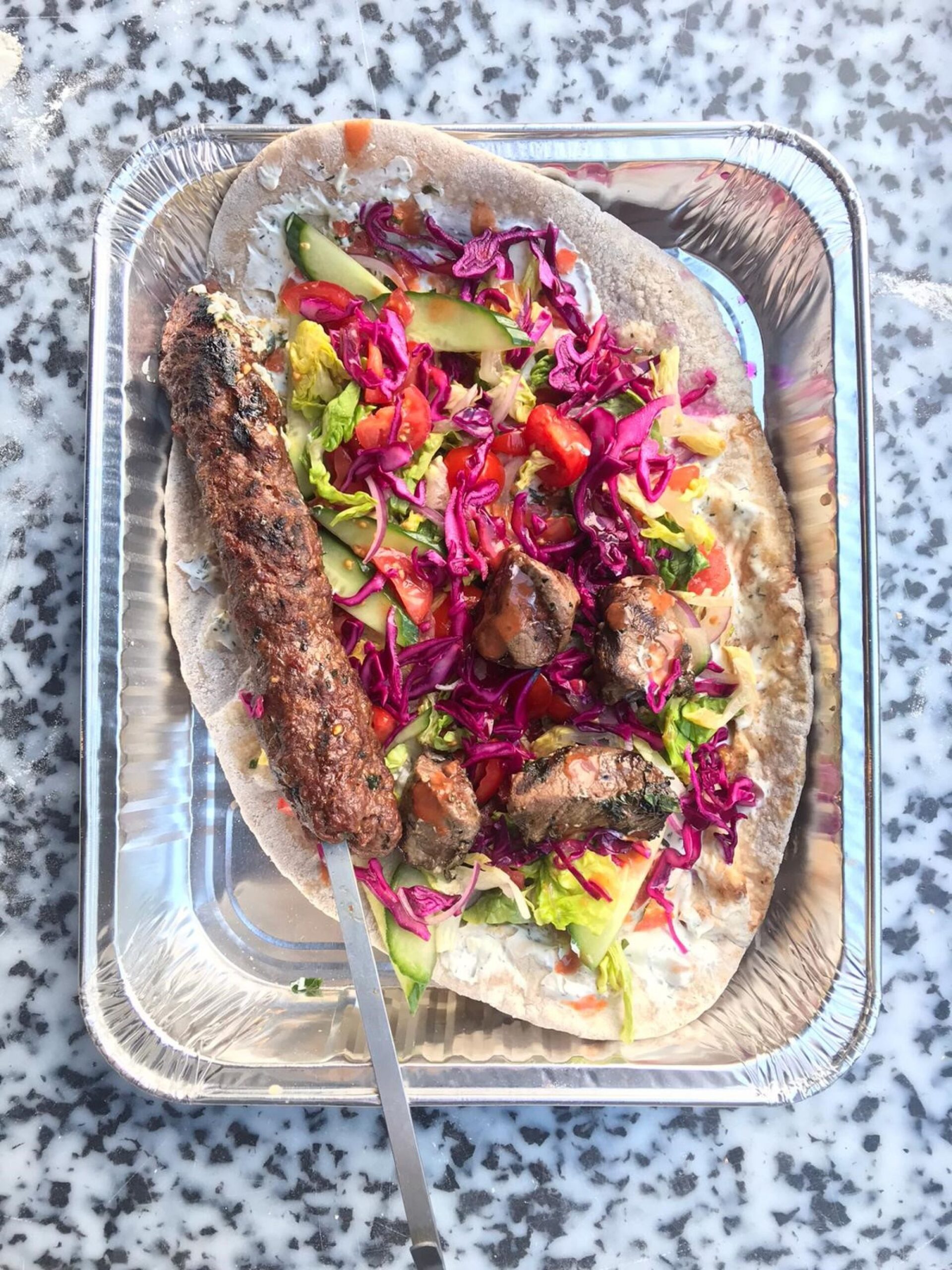
“The chef is a lovely guy – very laid back, which meant the experience was very chilled out and fun. It was nice to get involved in a bit of cooking. The food was delicious, we couldn’t finish it all, so we took it away and had the rest as a mid-afternoon snack while we were fishing.”
On Saturday evening all our guests are seated for an amazing foodie experience, ‘A Taste of Wasing’, an indulgent six-course tasting menu, made even more special with our paired wines, giving you the perfect glass of wine to complement each course. A less formal event for Sunday dinner, the ‘Lazy Sunday’ menu is a variety of warming, hearty dishes.


Images by Studio Rouge
“The tasting menu was the best part of the weekend – absolutely amazing! Every course was faultless. The size of the dishes was great, and there was a good break between each course, so we didn’t get full too quickly. I don’t remember there being anything but clean plates after every single course. It was nice to have the option to have the wine matching with the meal and would definitely recommend this.”
Wasing’s weekend breaks start at £195 per room, per night for bed and breakfast and suites start at £225 per room, per night for bed and breakfast. The hotel weekend breaks are mostly offered on a minimum two-night basis, however we do have some one night stays available so please click here to check our calendar or pop us an email to bookings@wasing.co.uk.
“The staff at Wasing Park took all the stress out of our wedding day. It felt like they really cared about making the day special and knew exactly how to make the day go without a hitch. When we returned for our weekend stay, we felt like we got the same great service from everyone at Wasing. Can’t wait to come back – we’d like to stay in either The Smithy or The Granary next time.
We’d like to thank everyone who worked at Wasing Park over the weekend – everyone was so helpful, accommodating and did everything they could to make the experience a really enjoyable one.”



